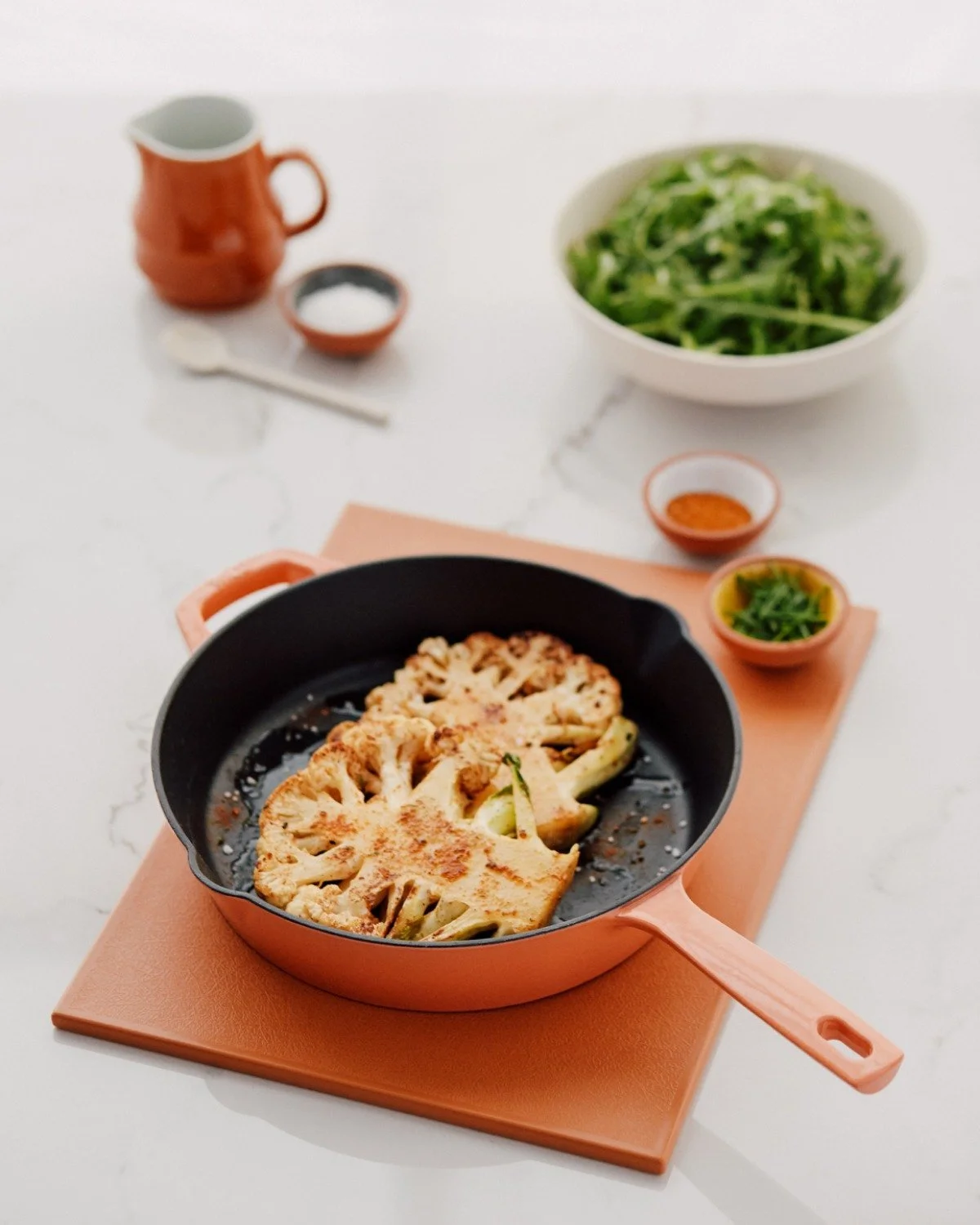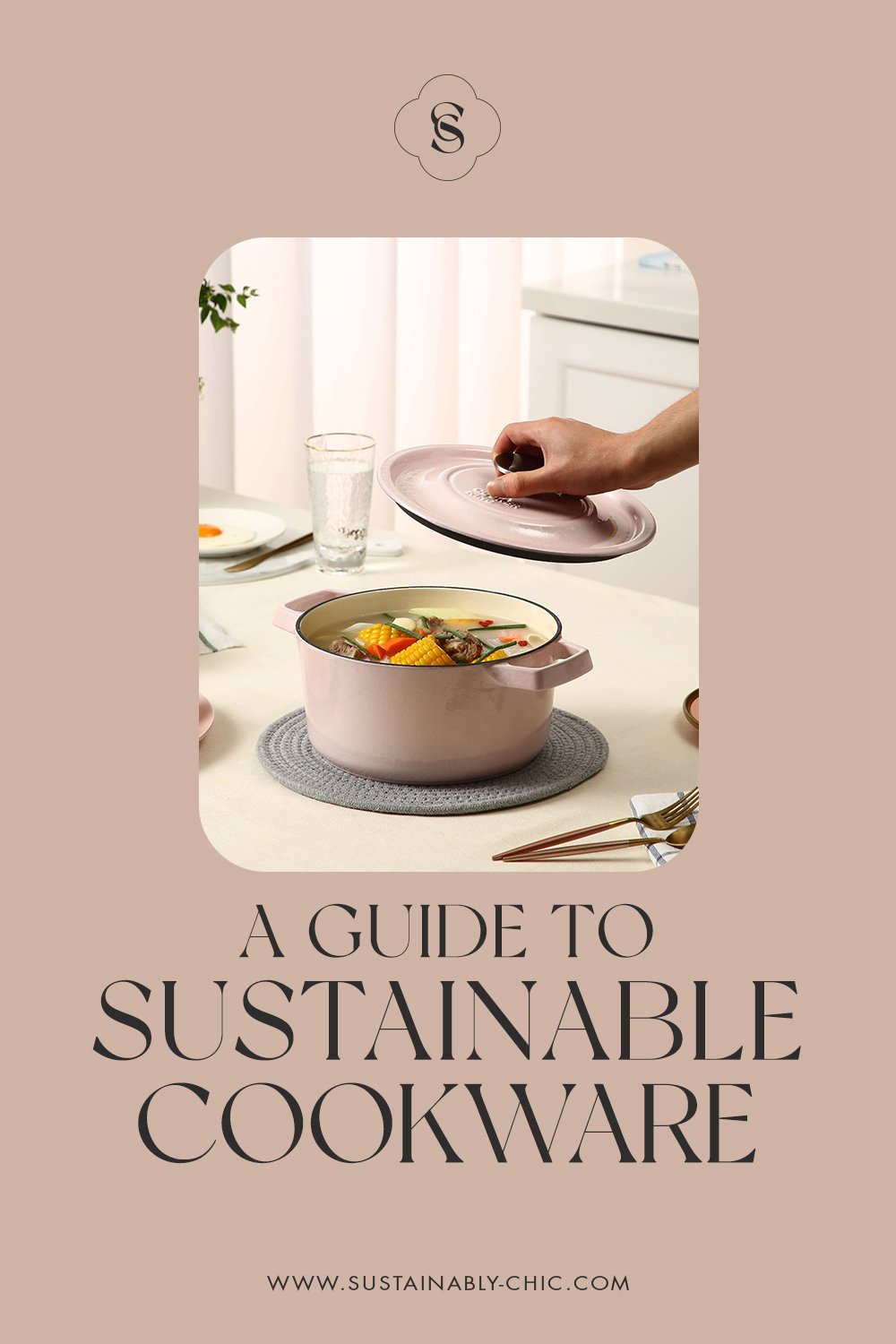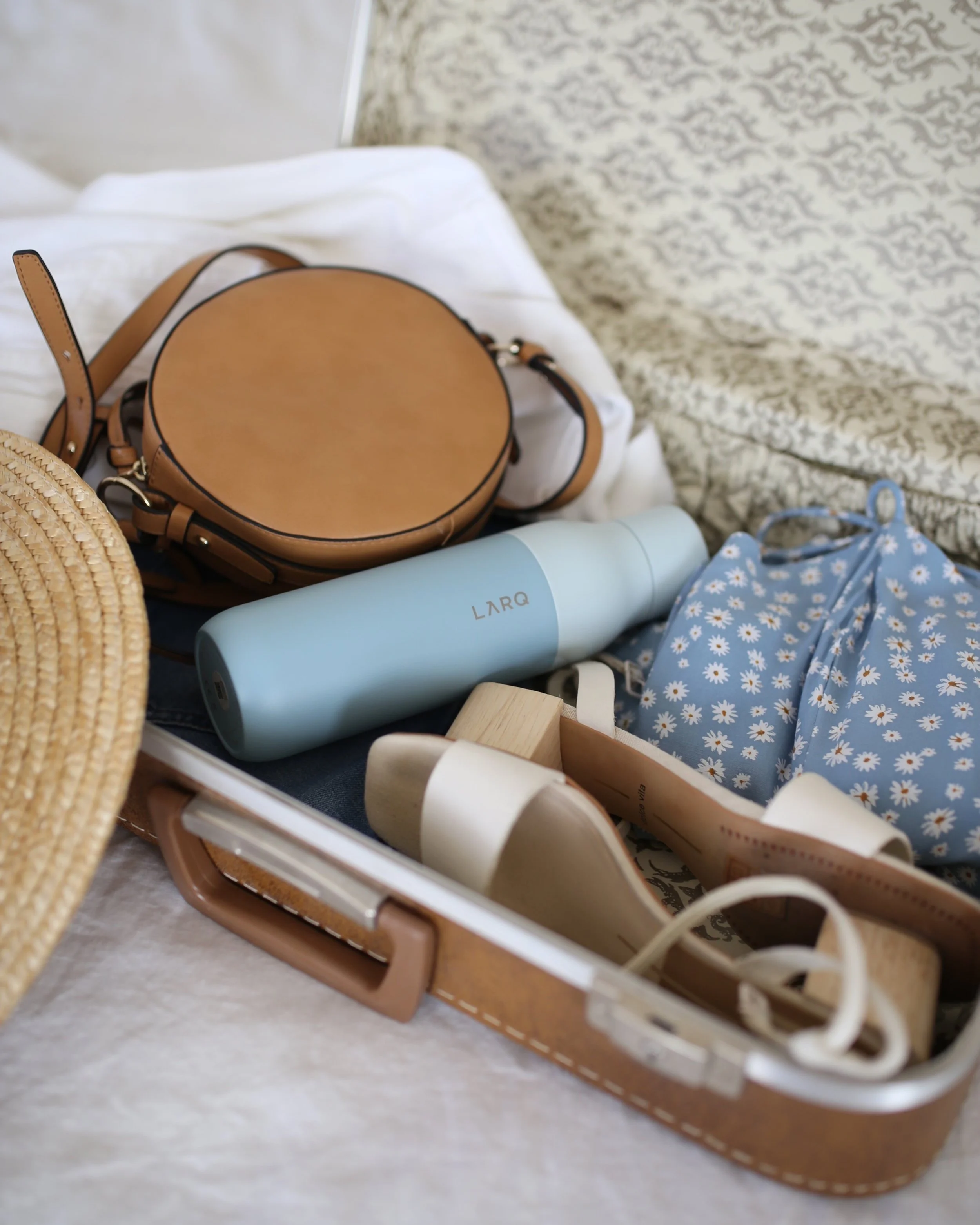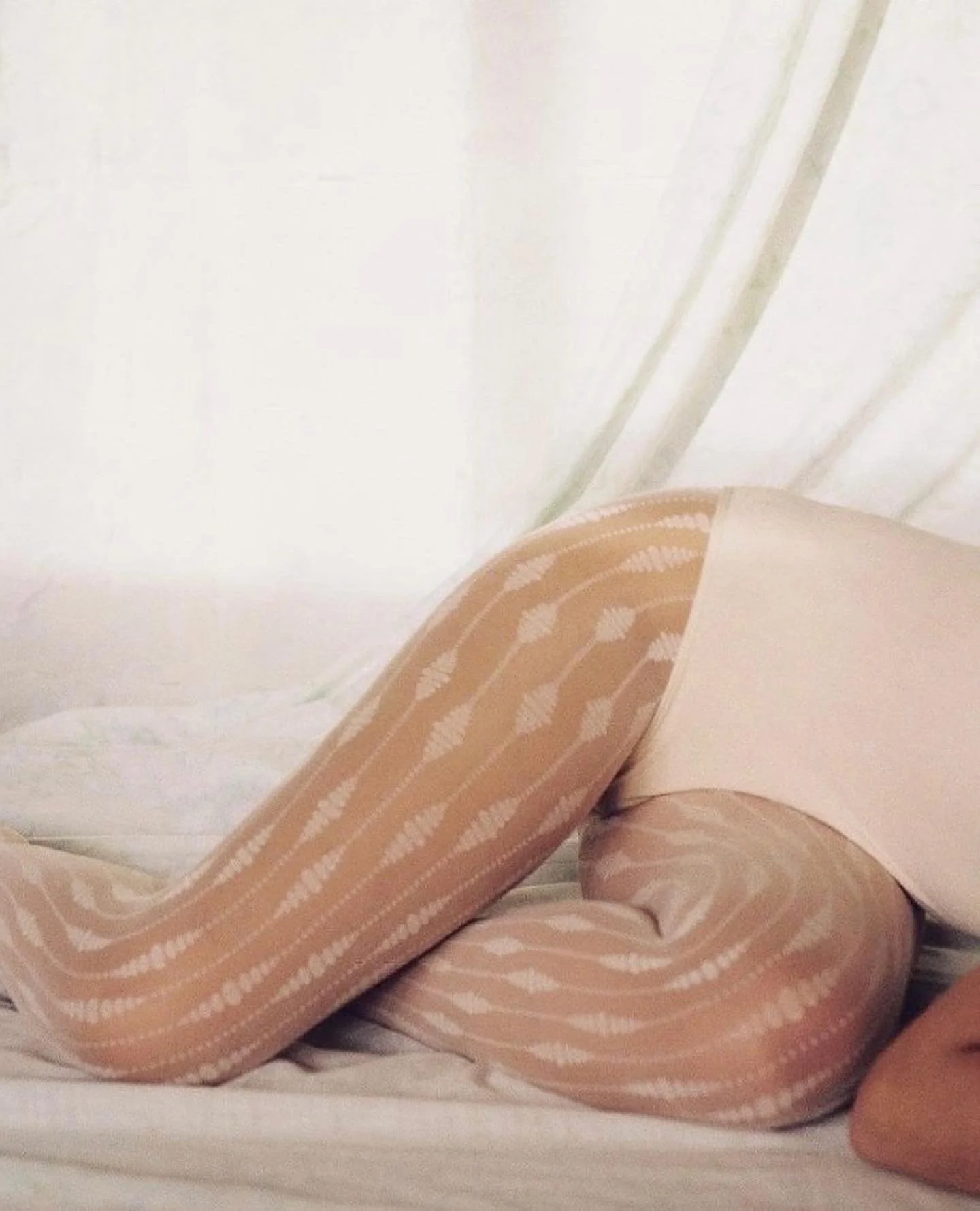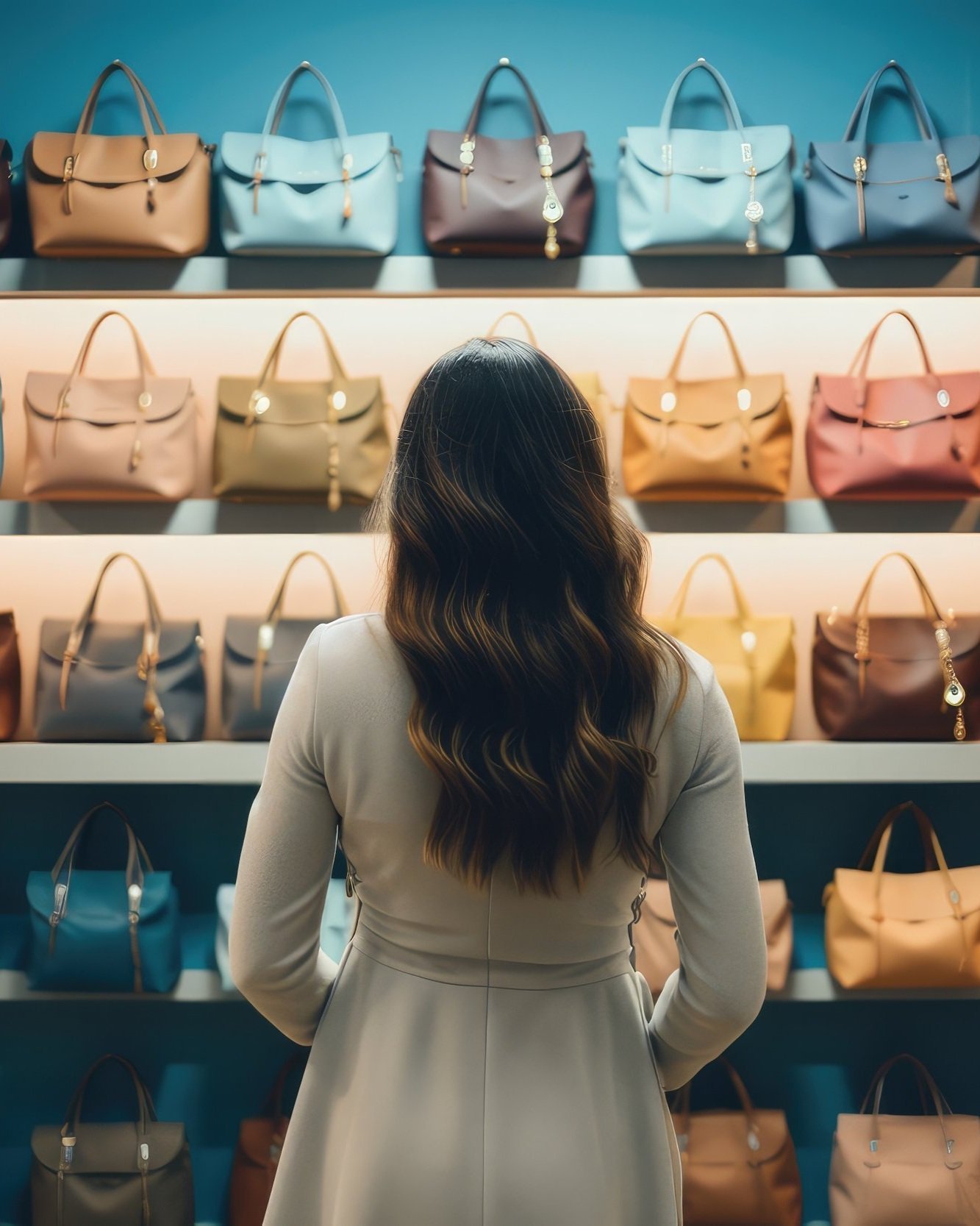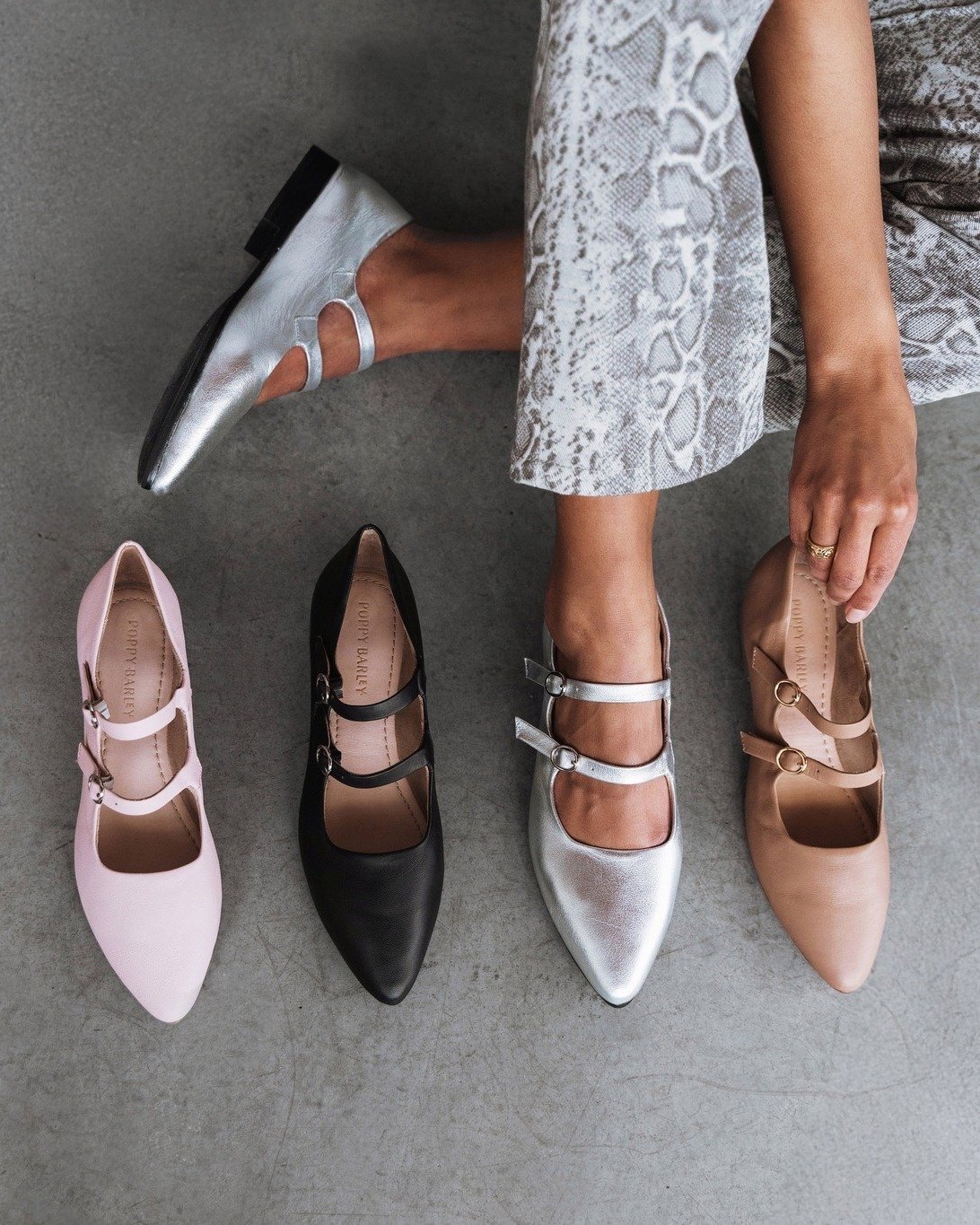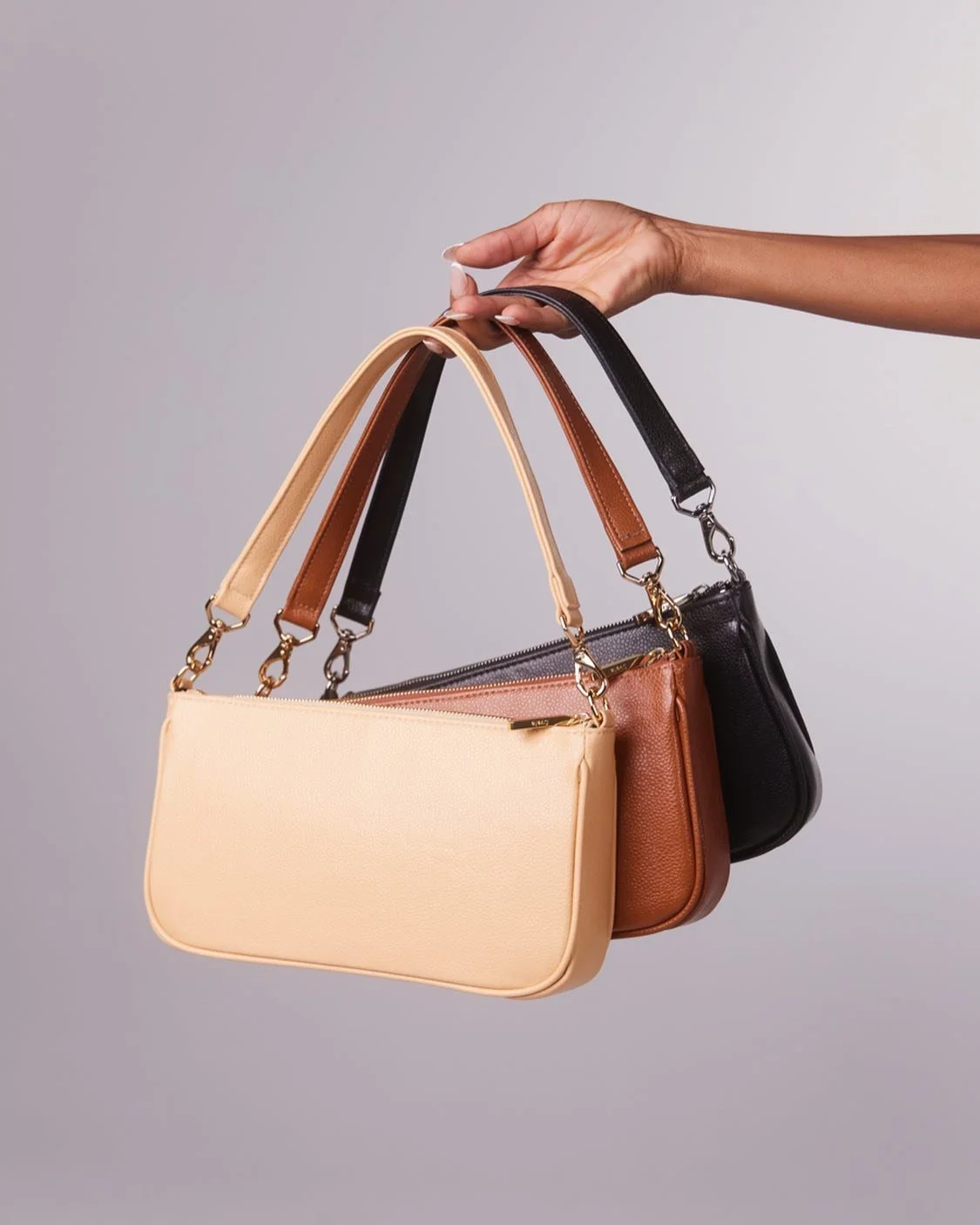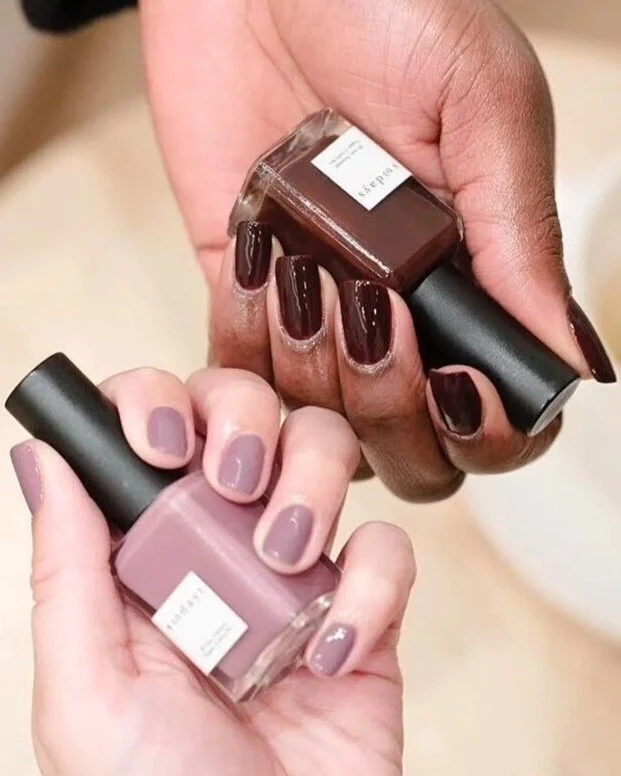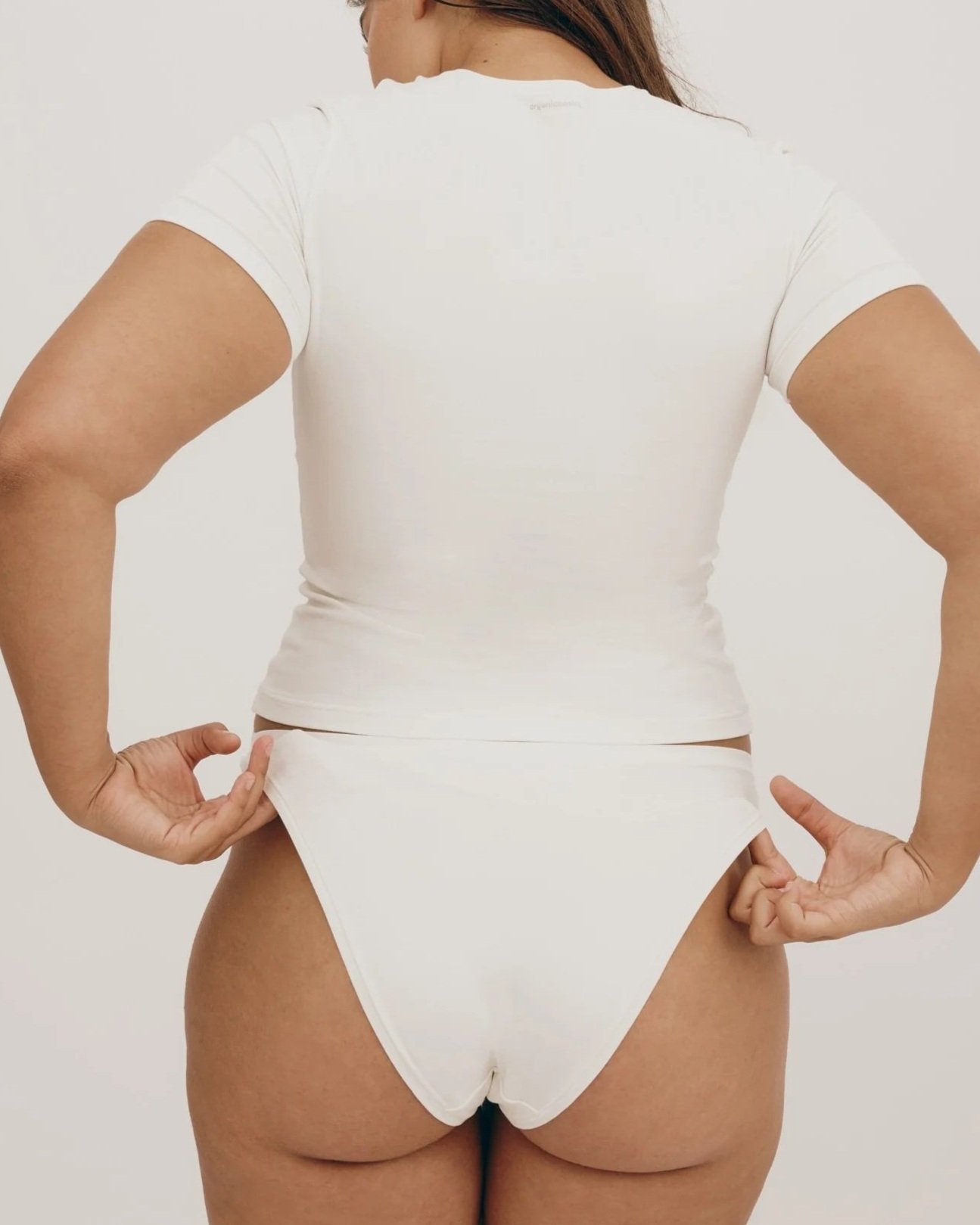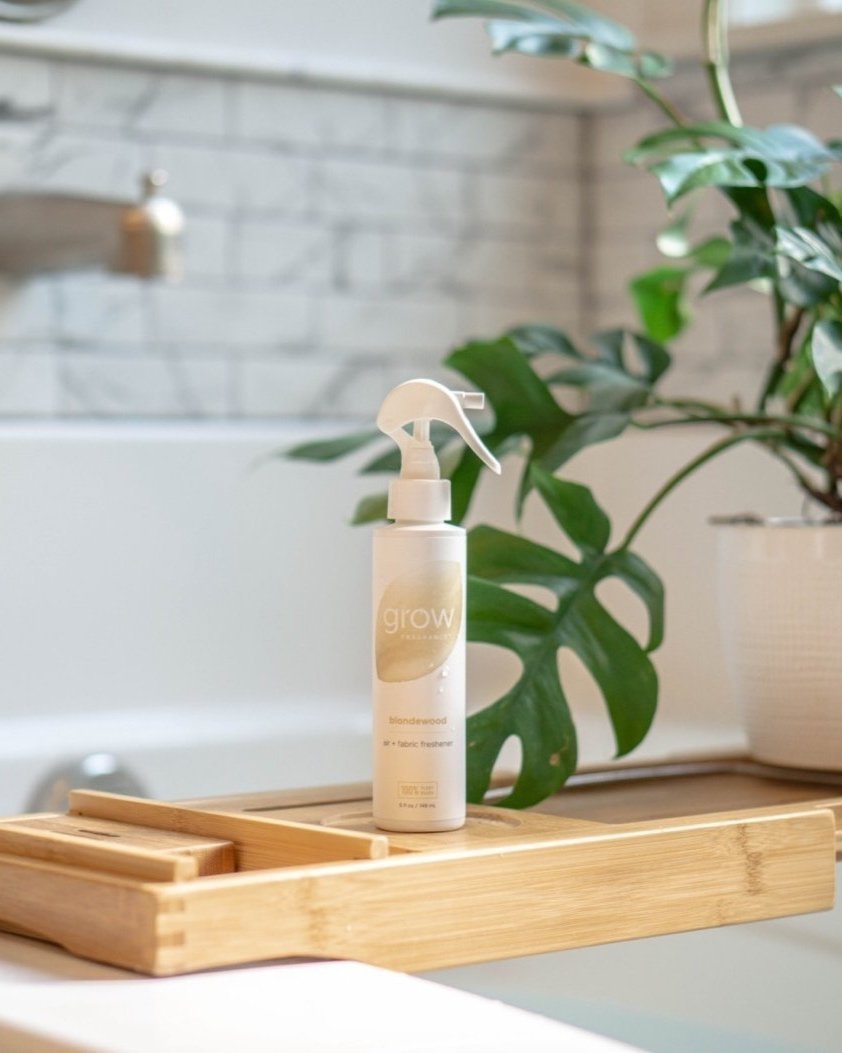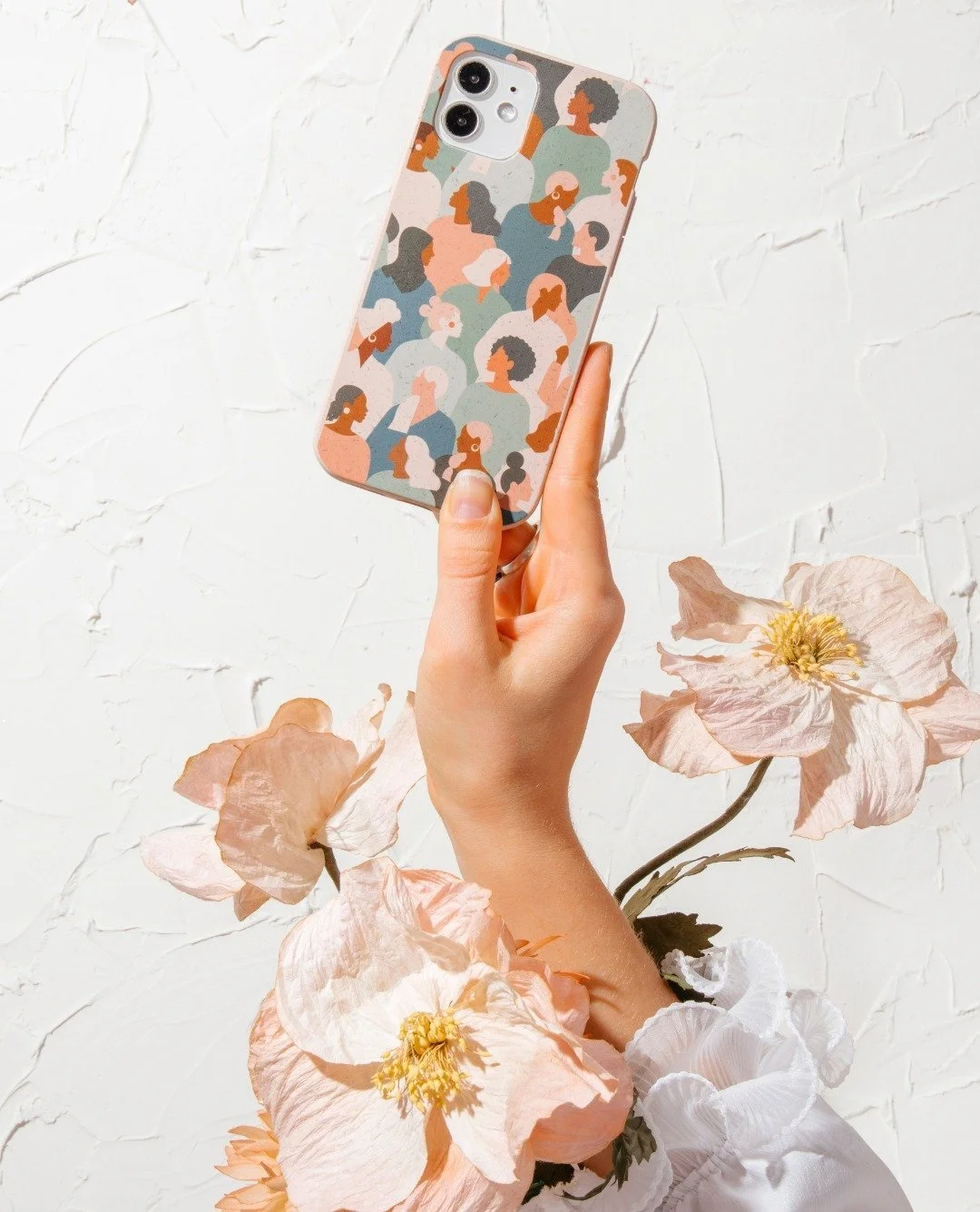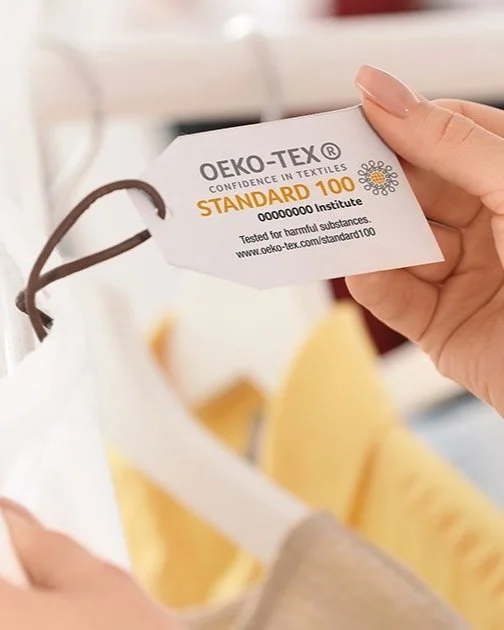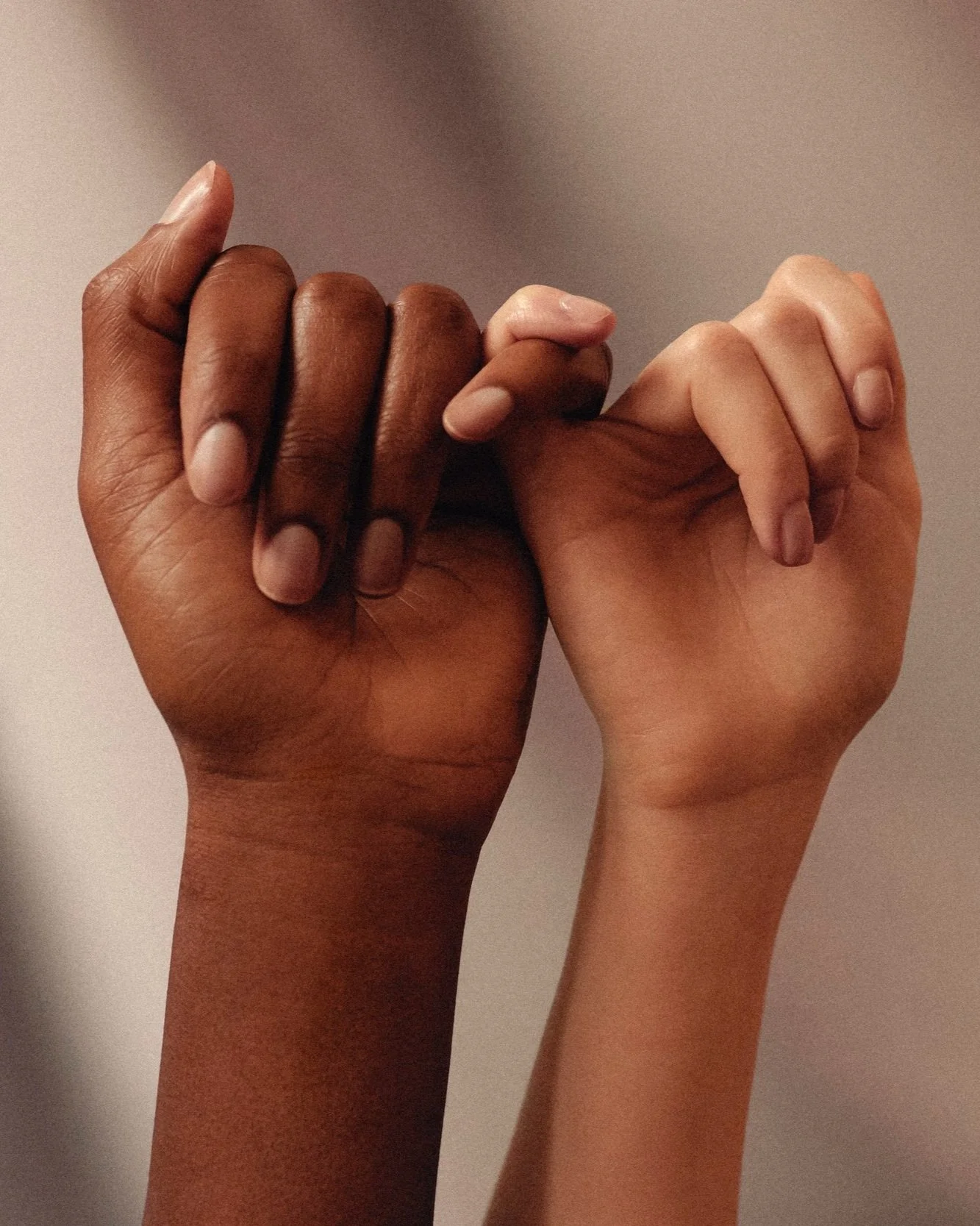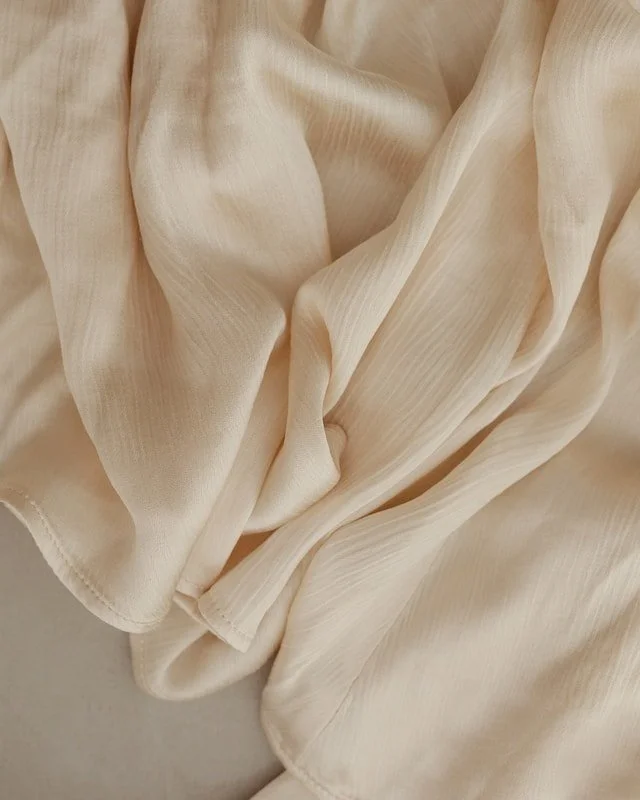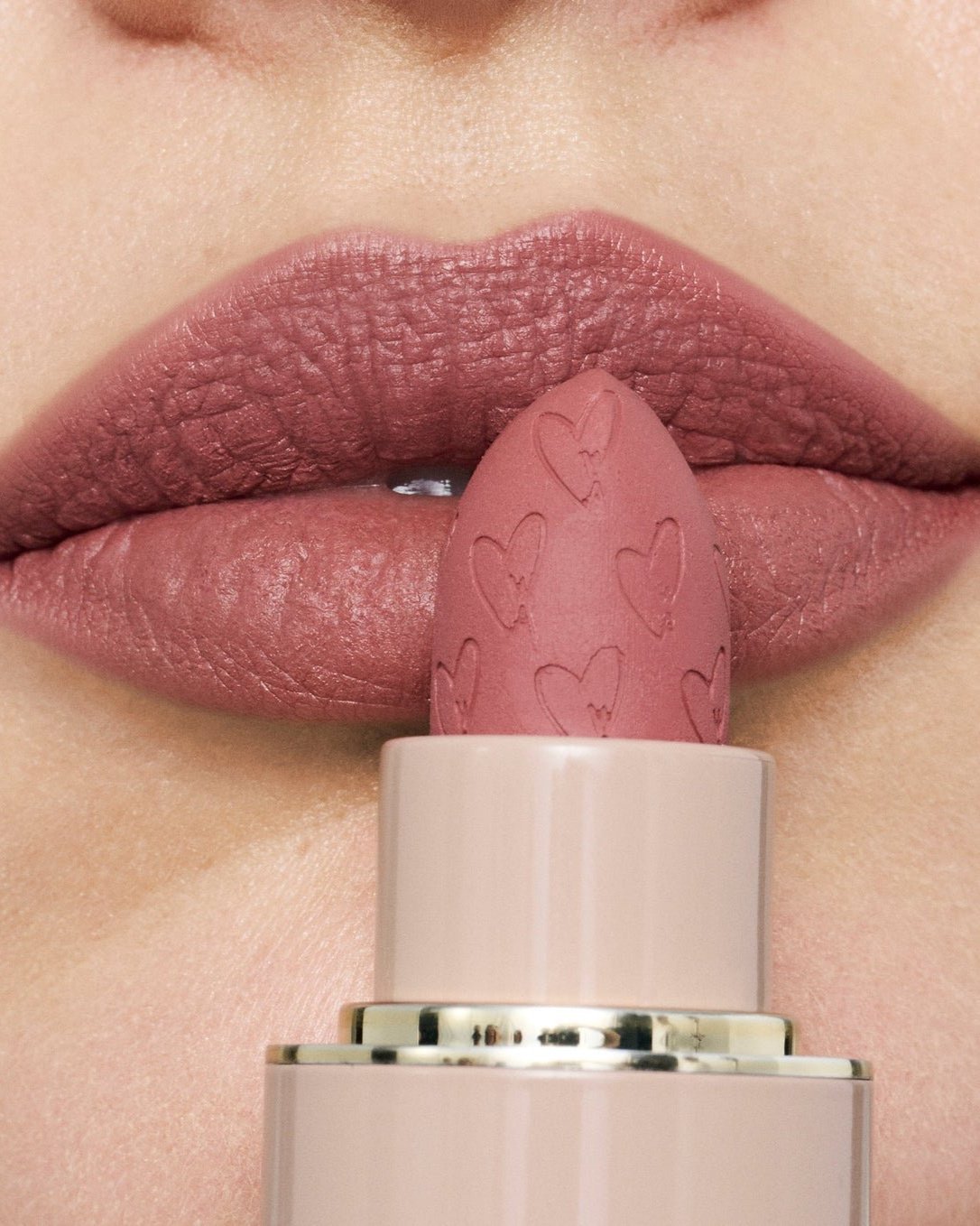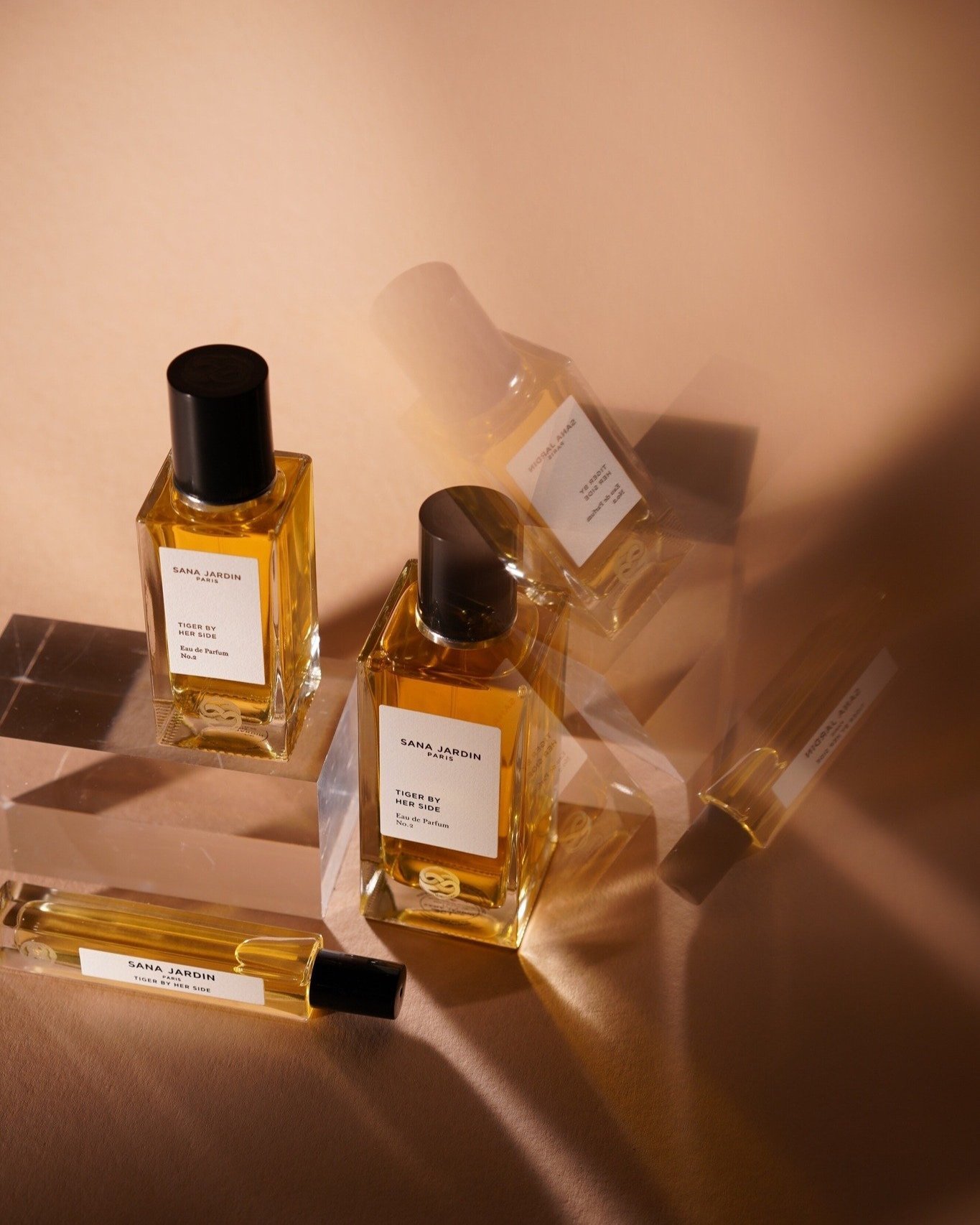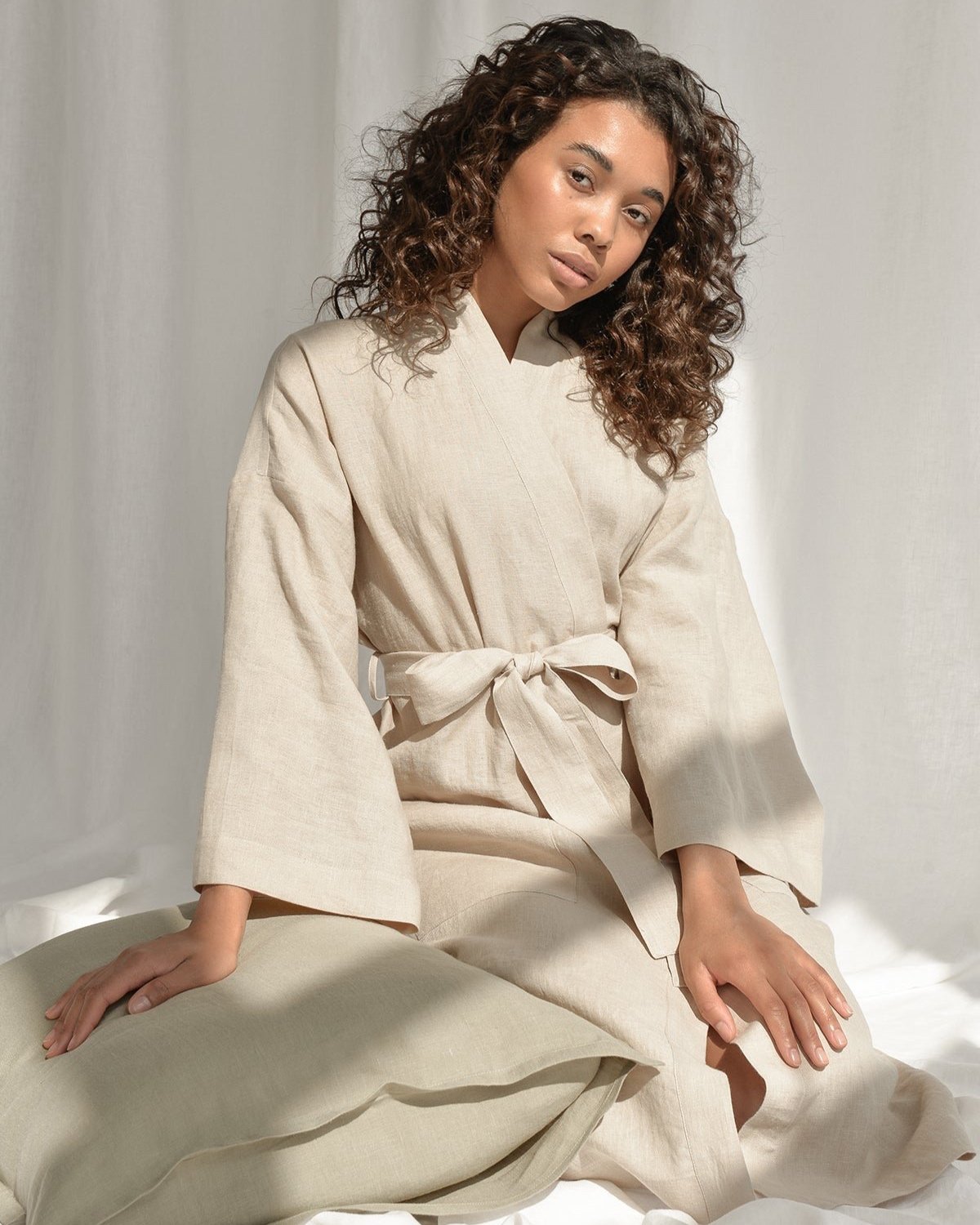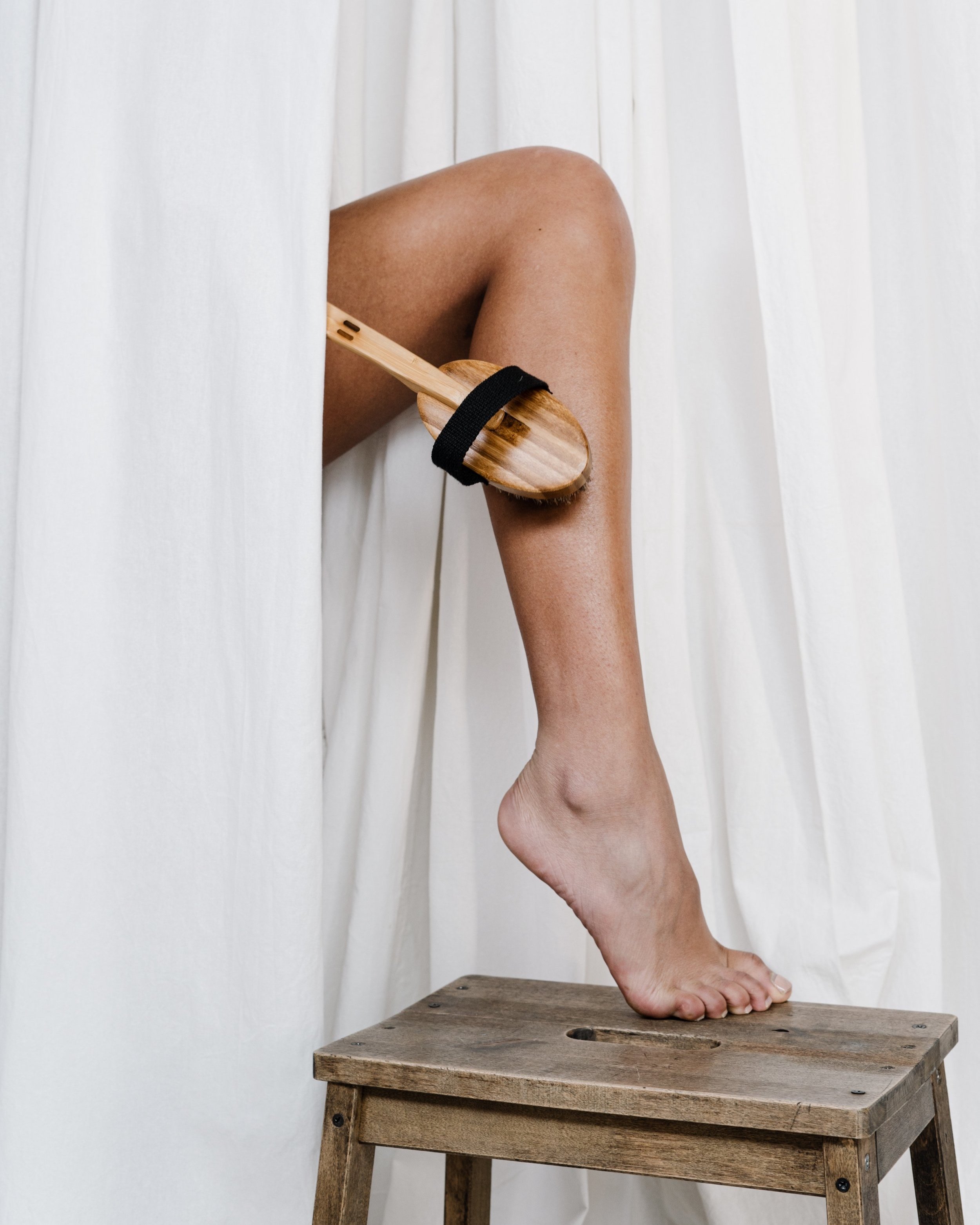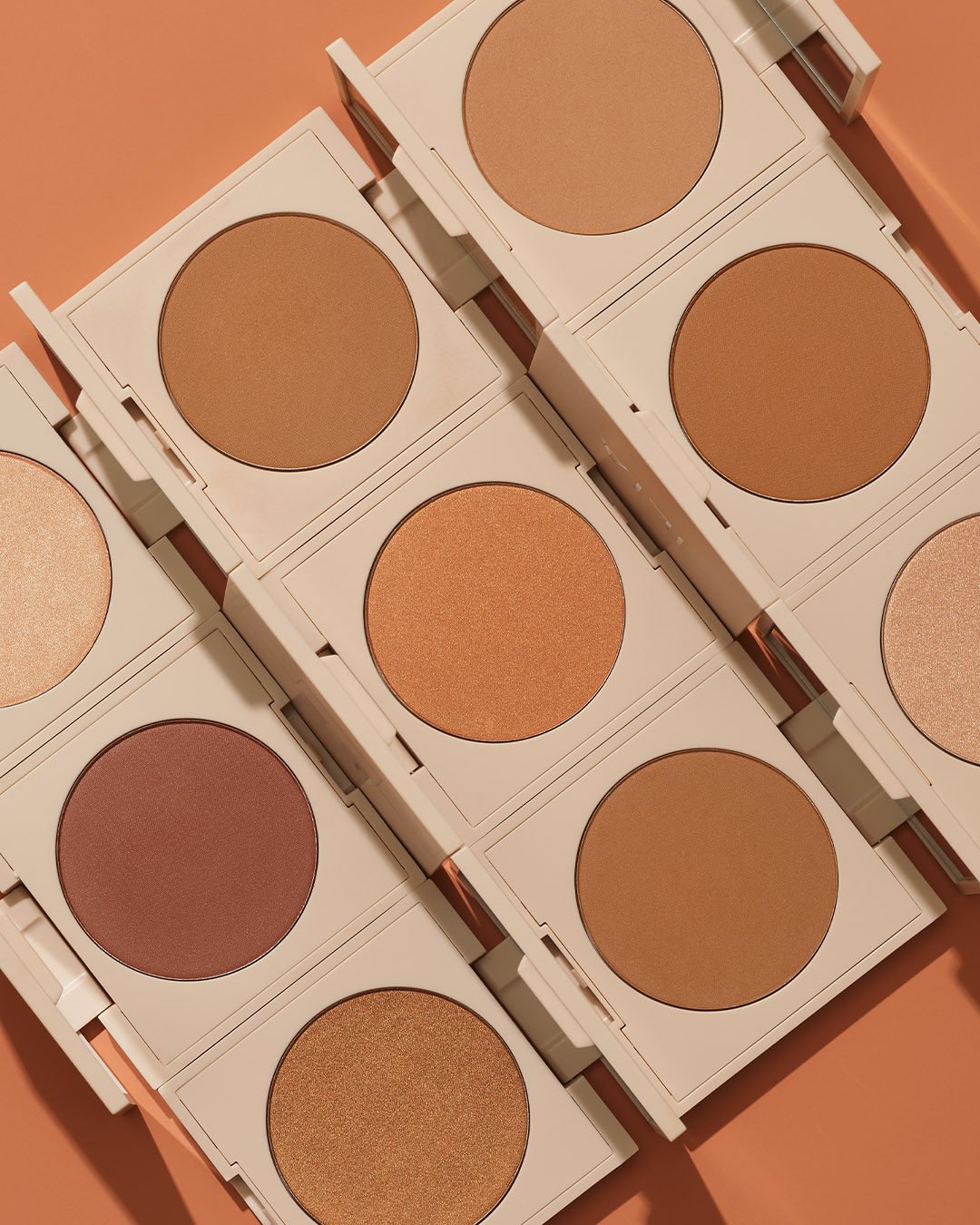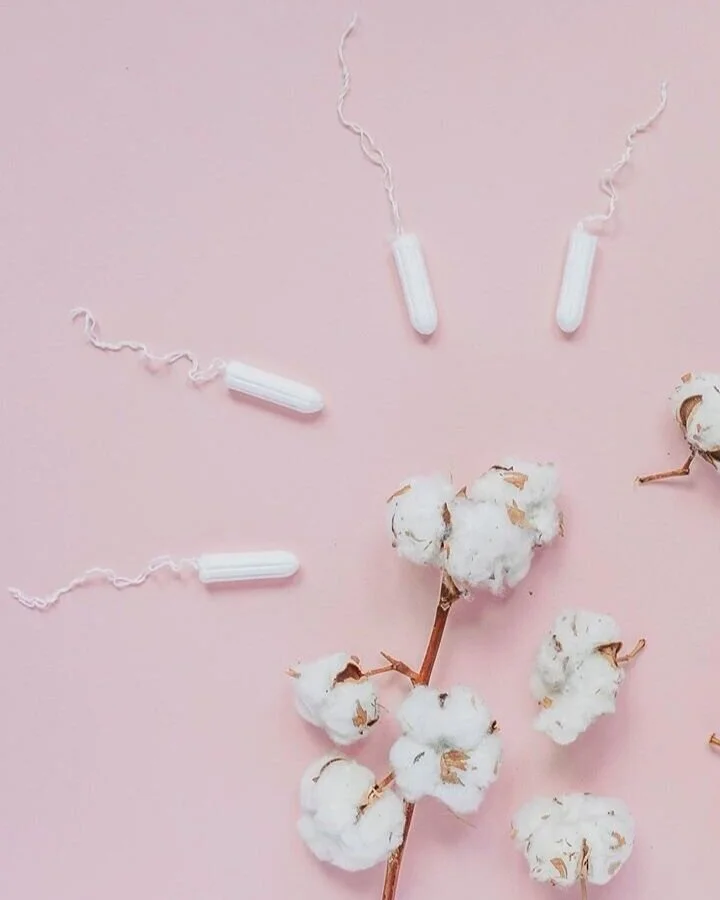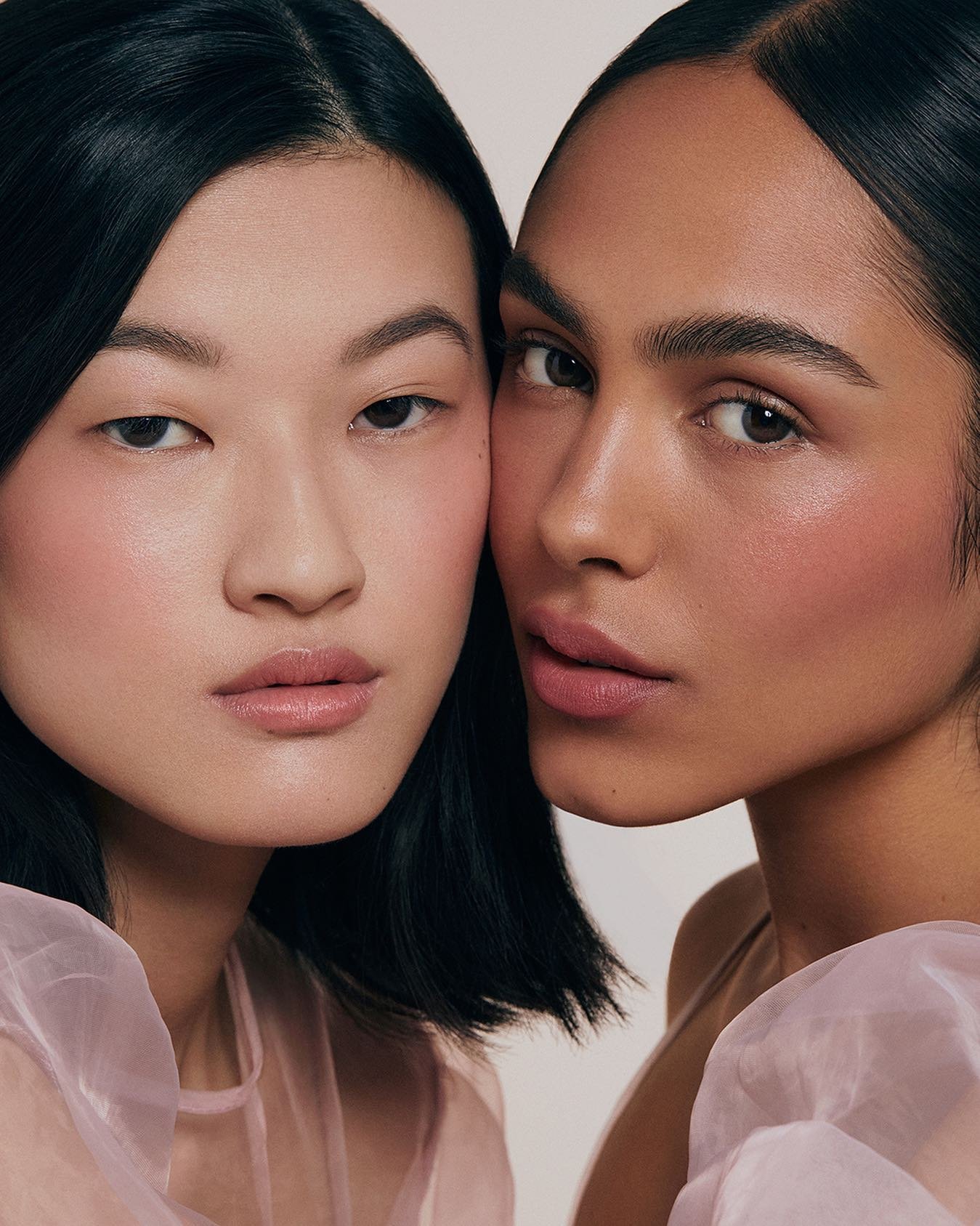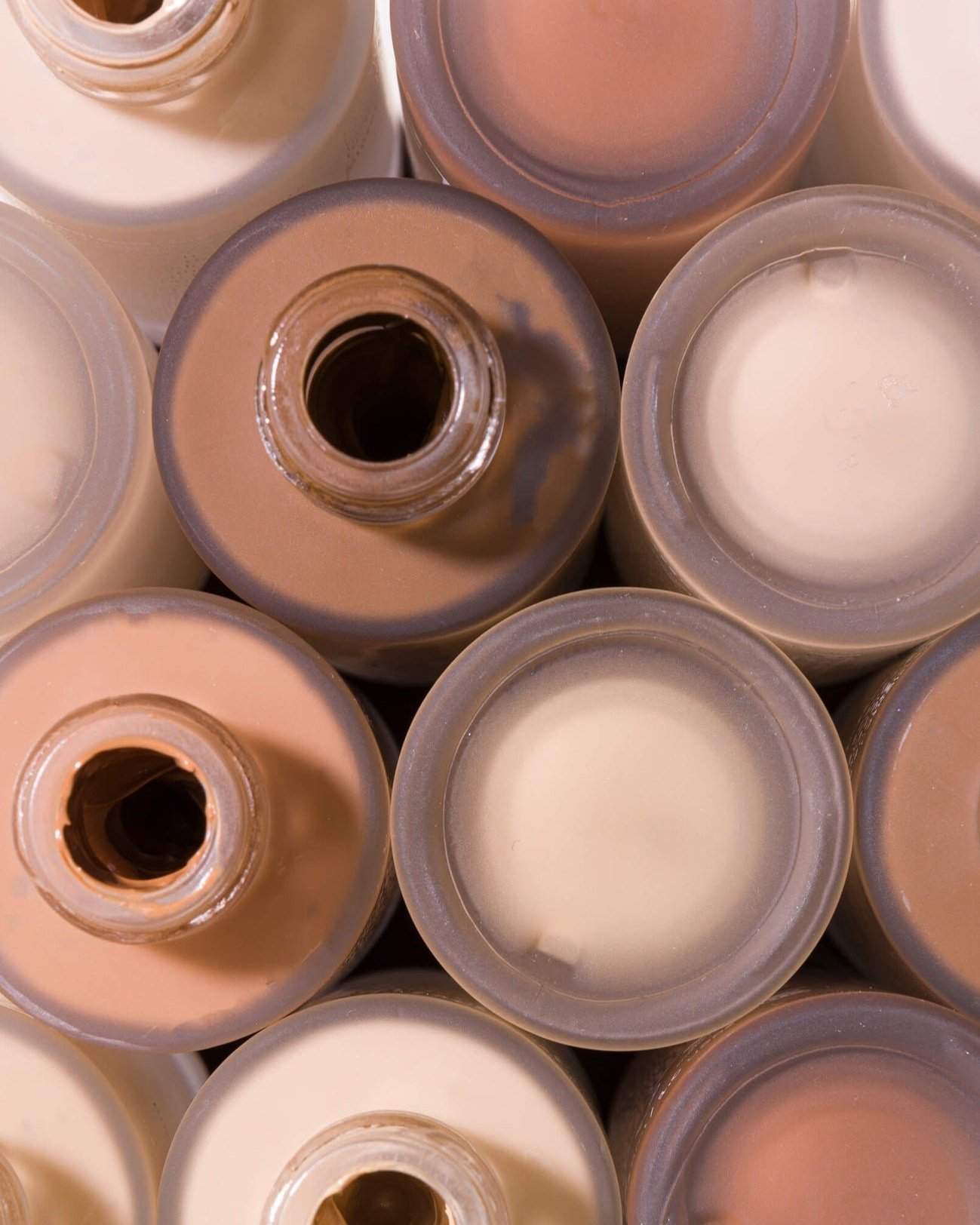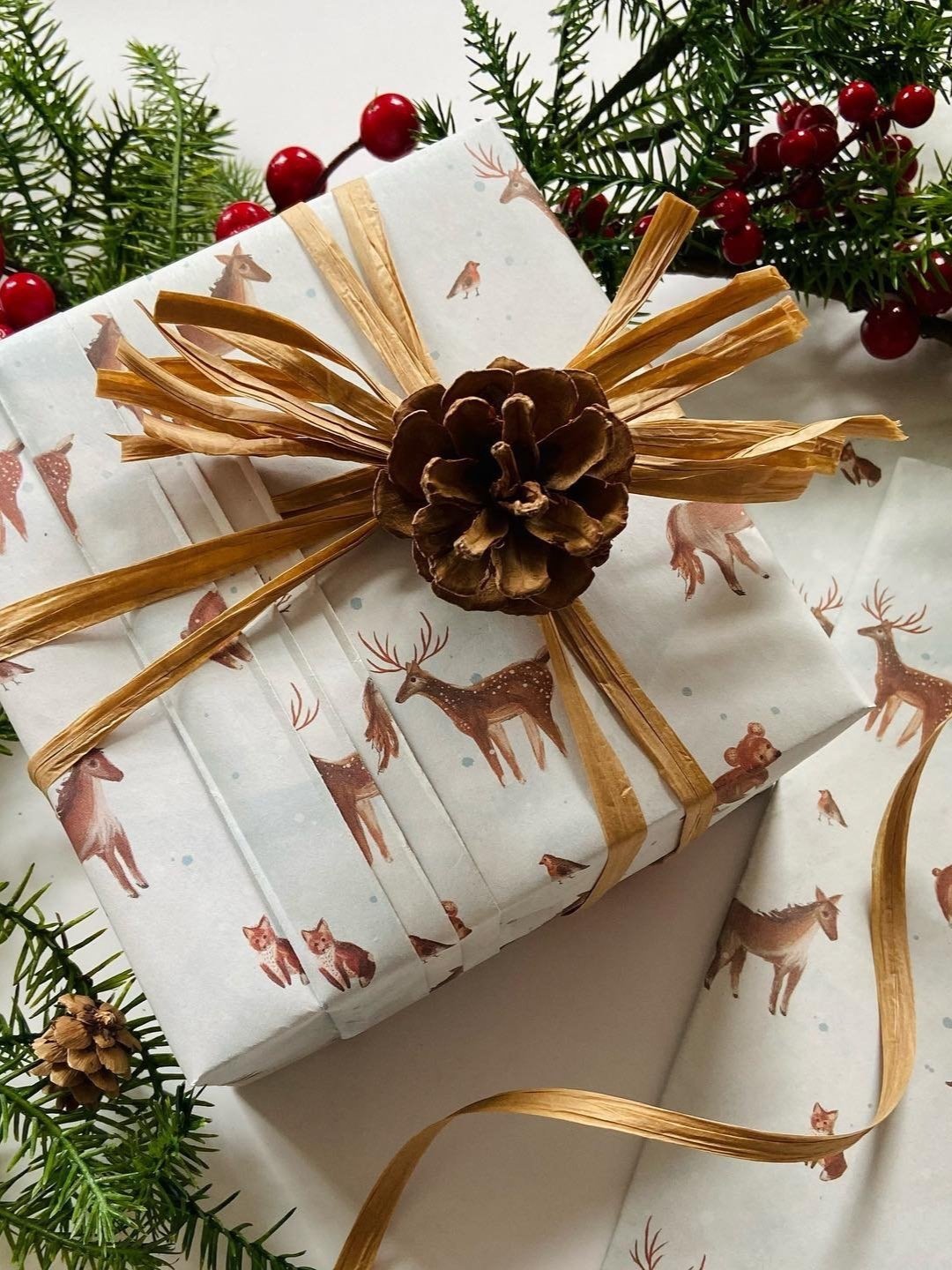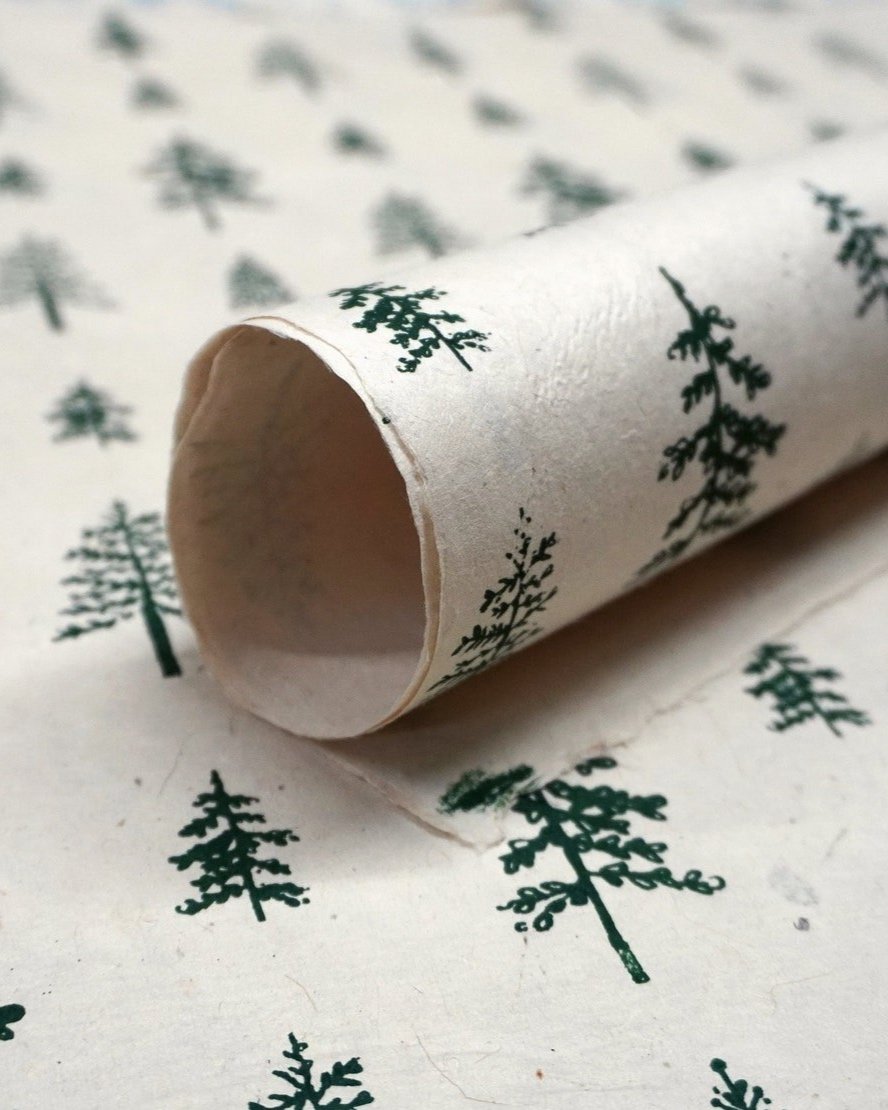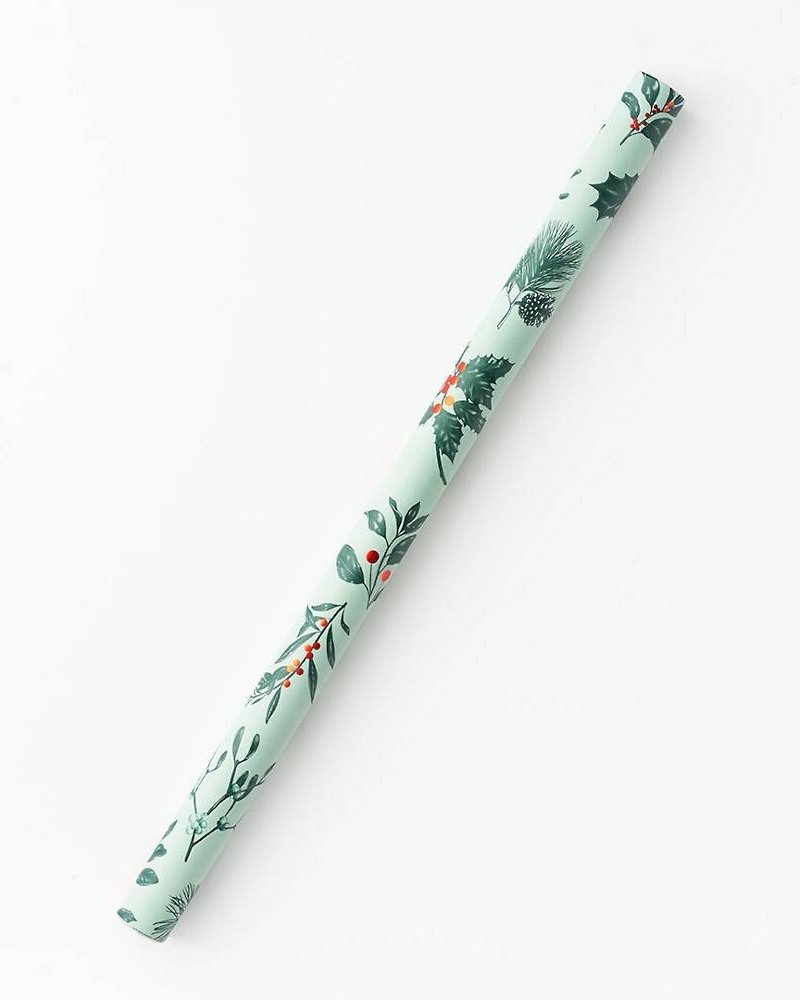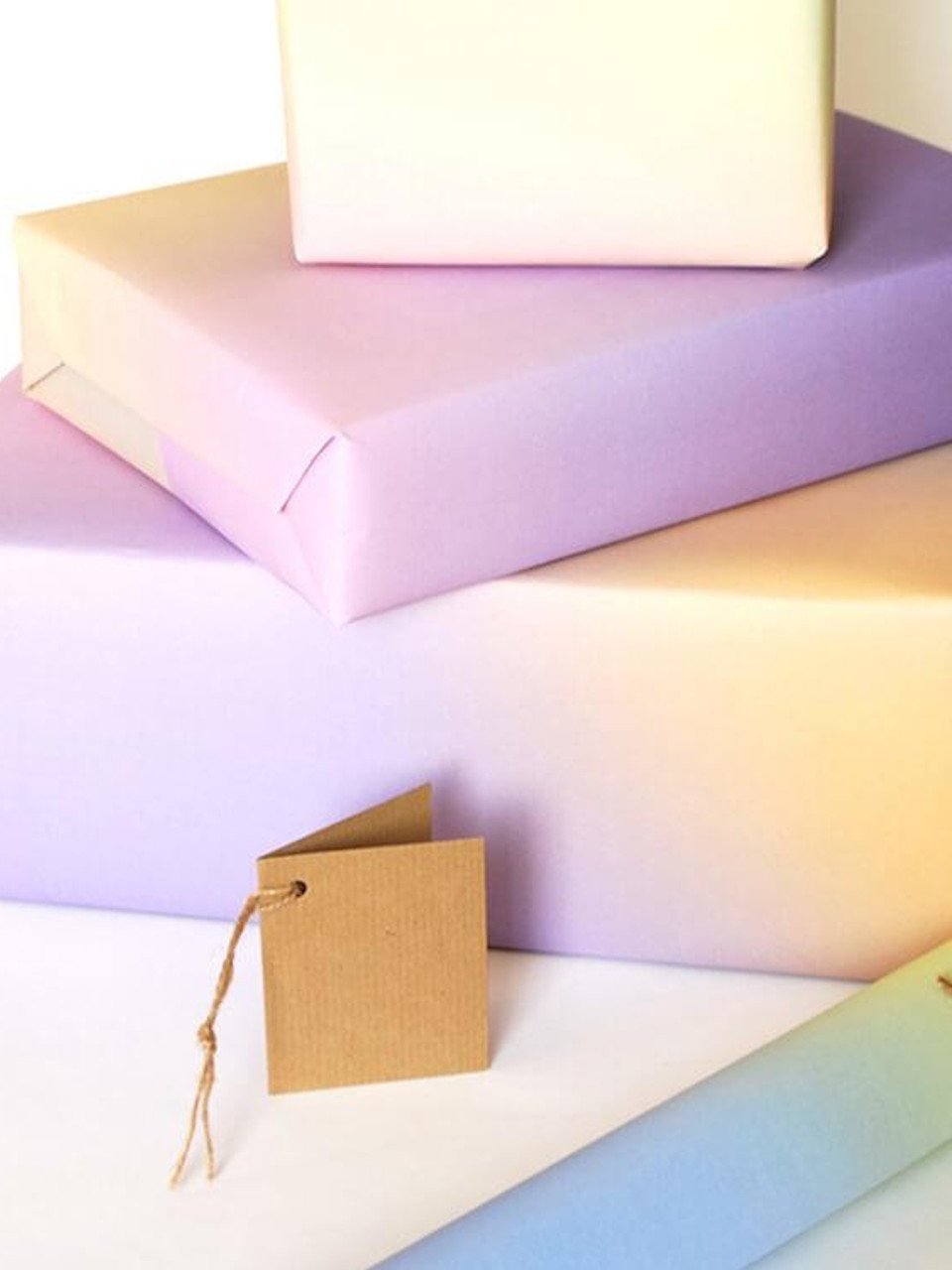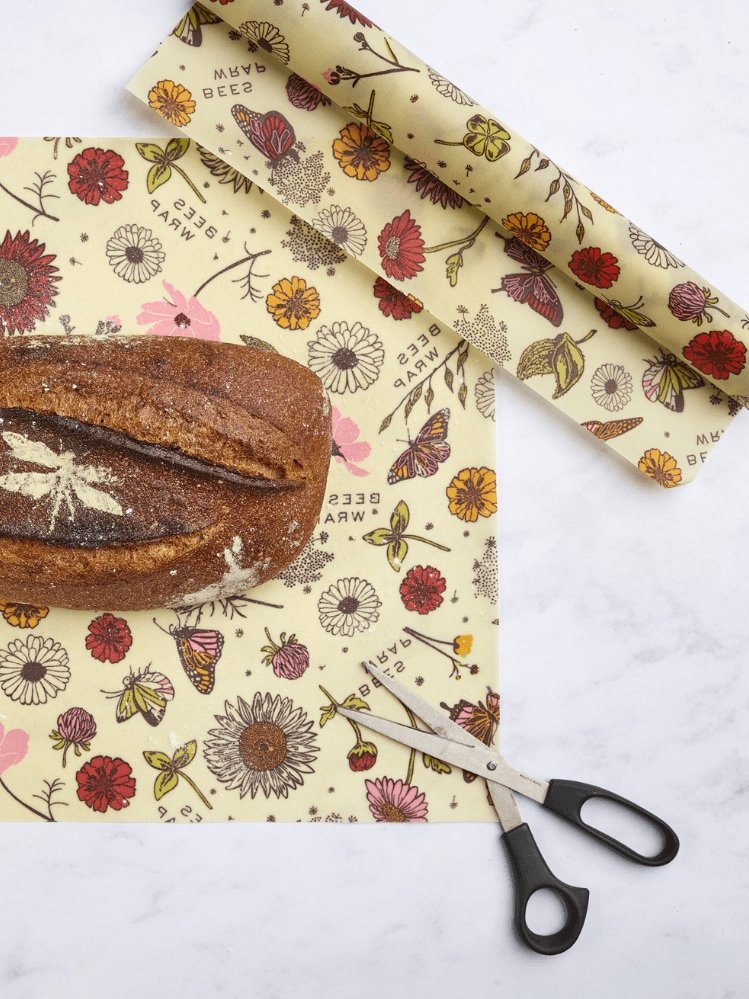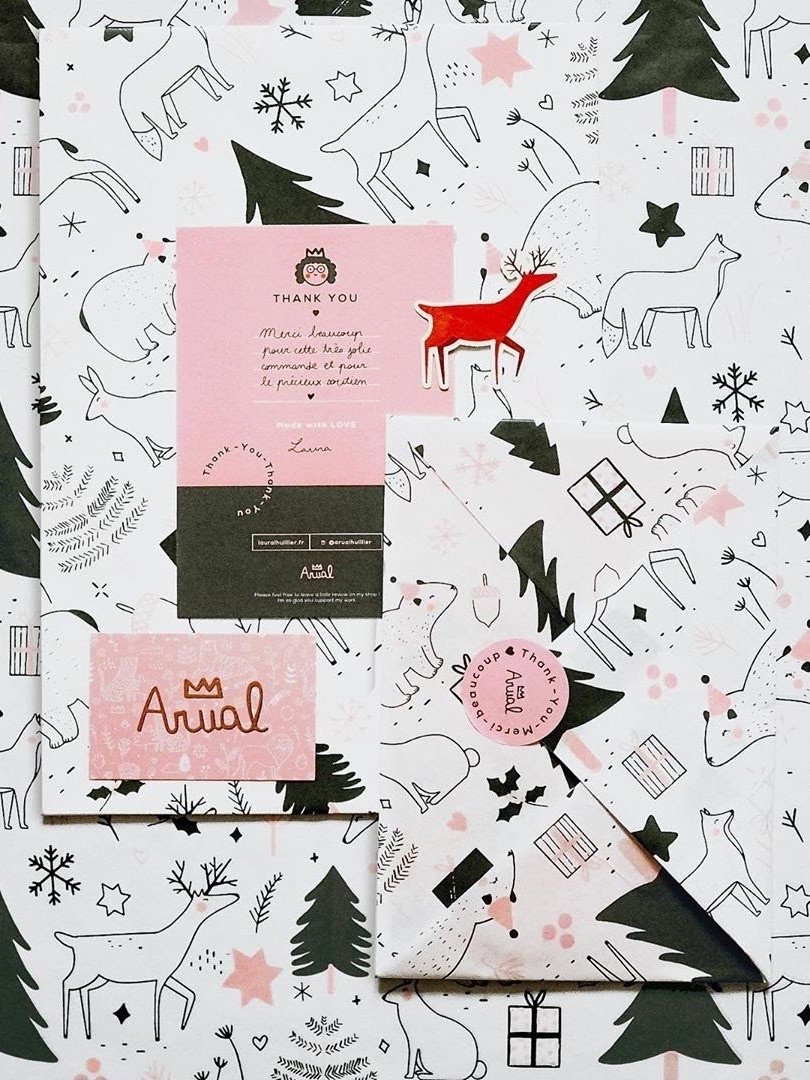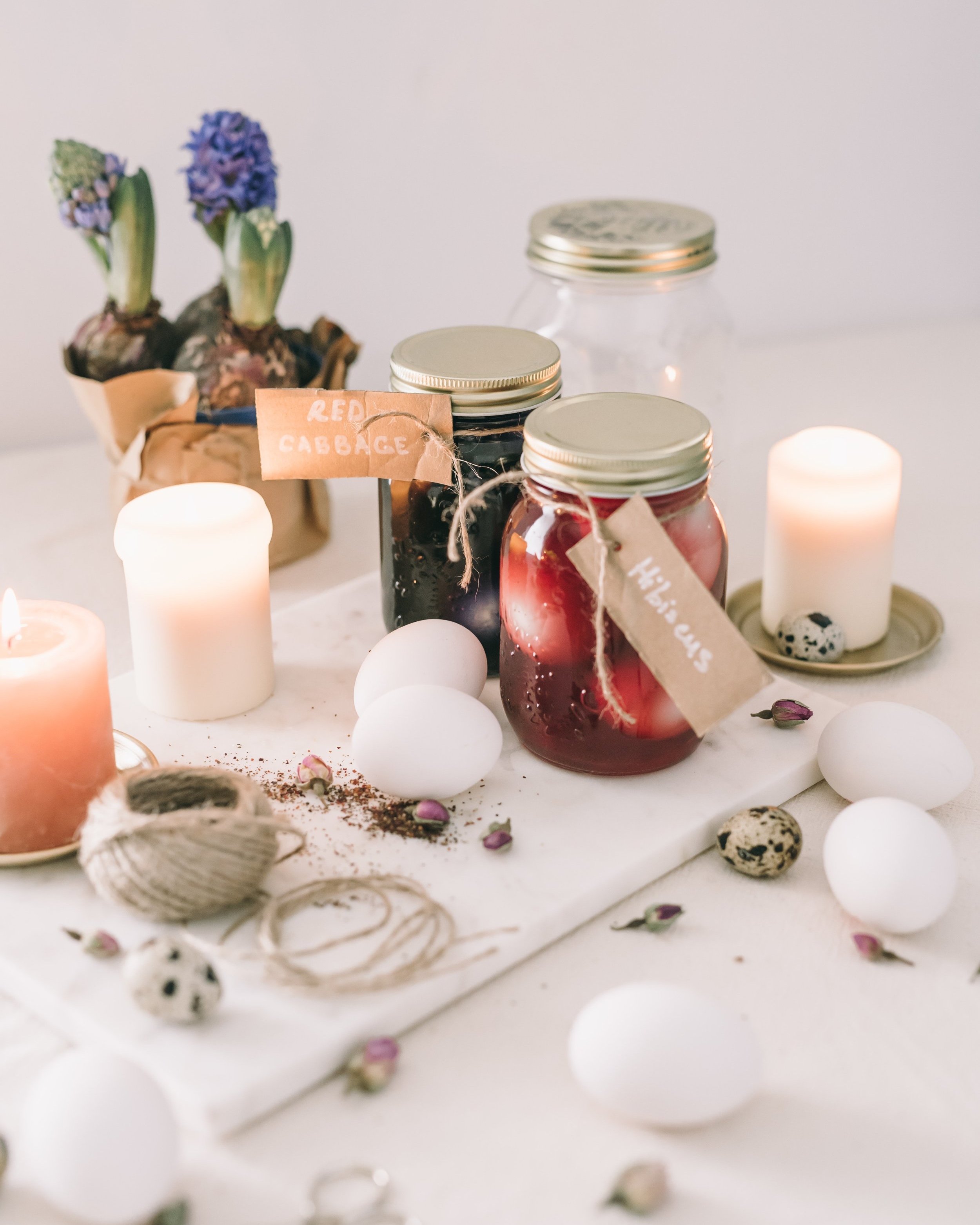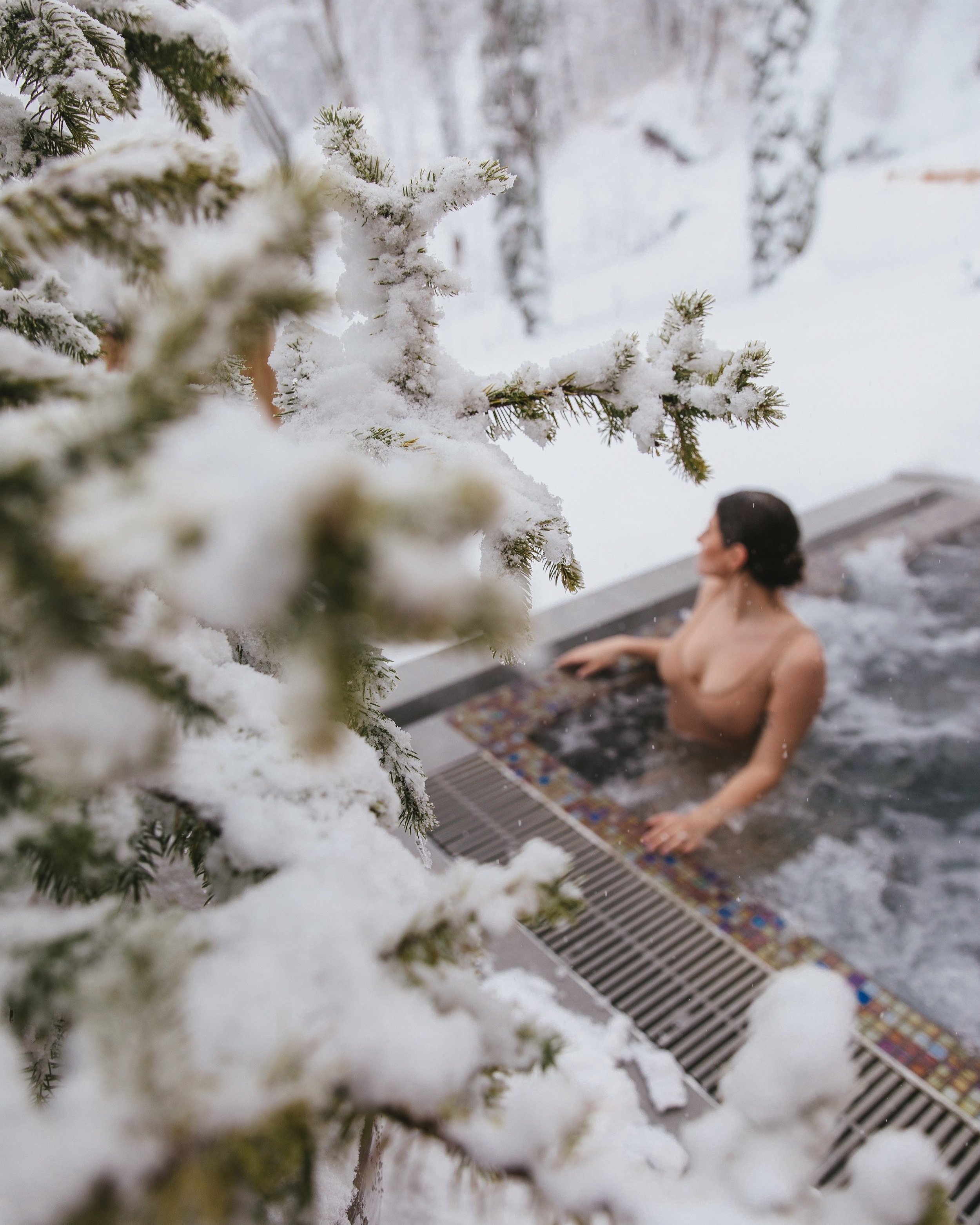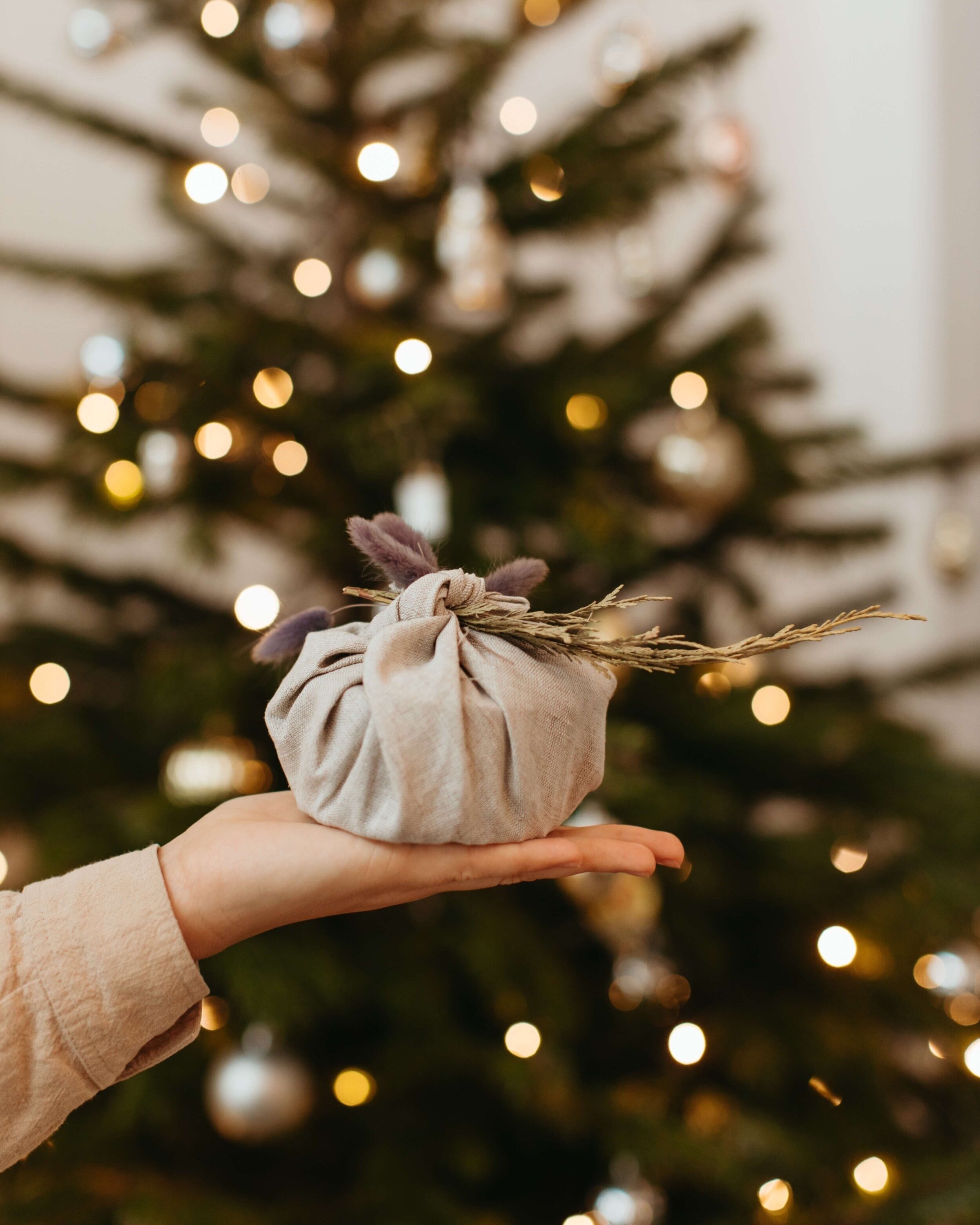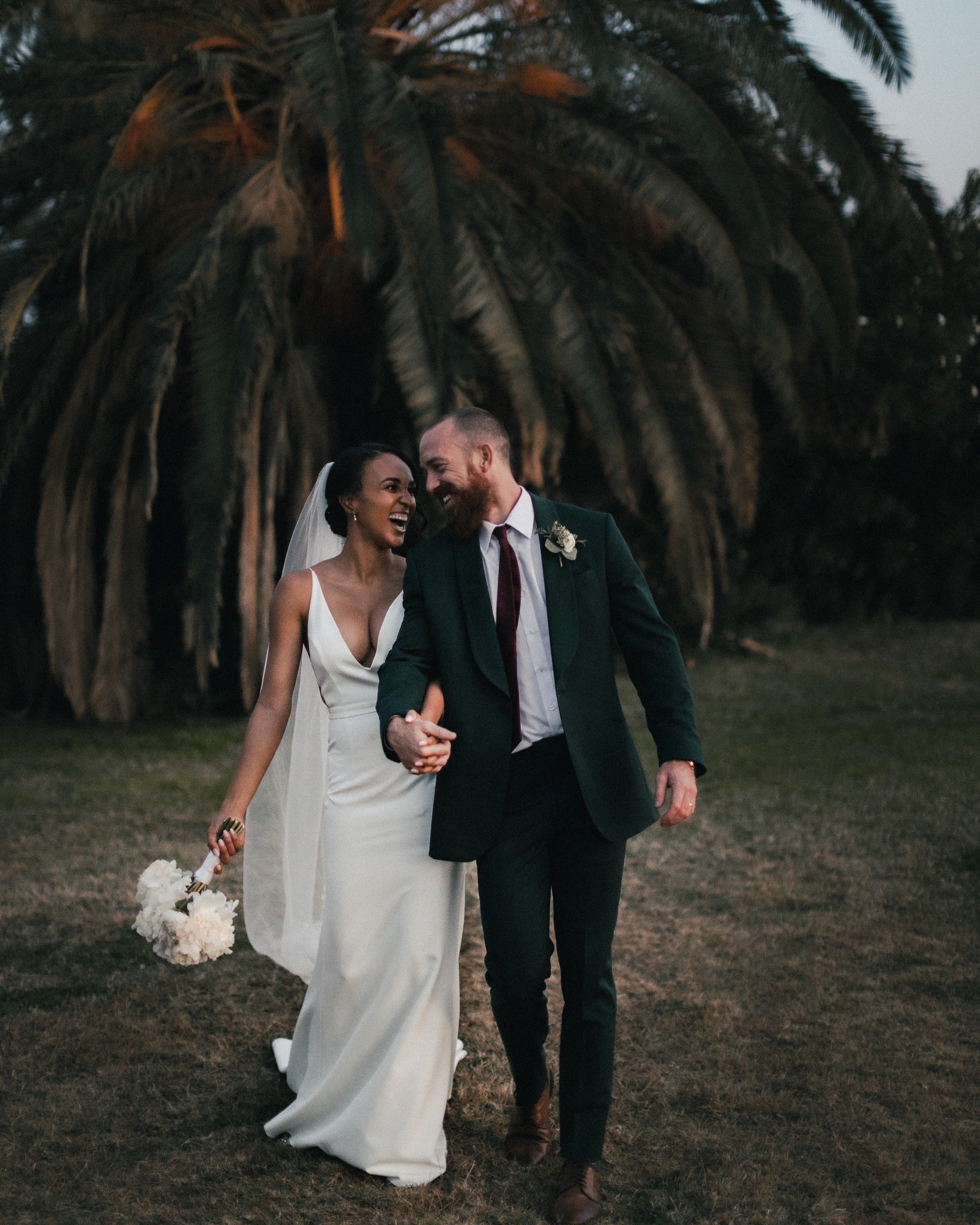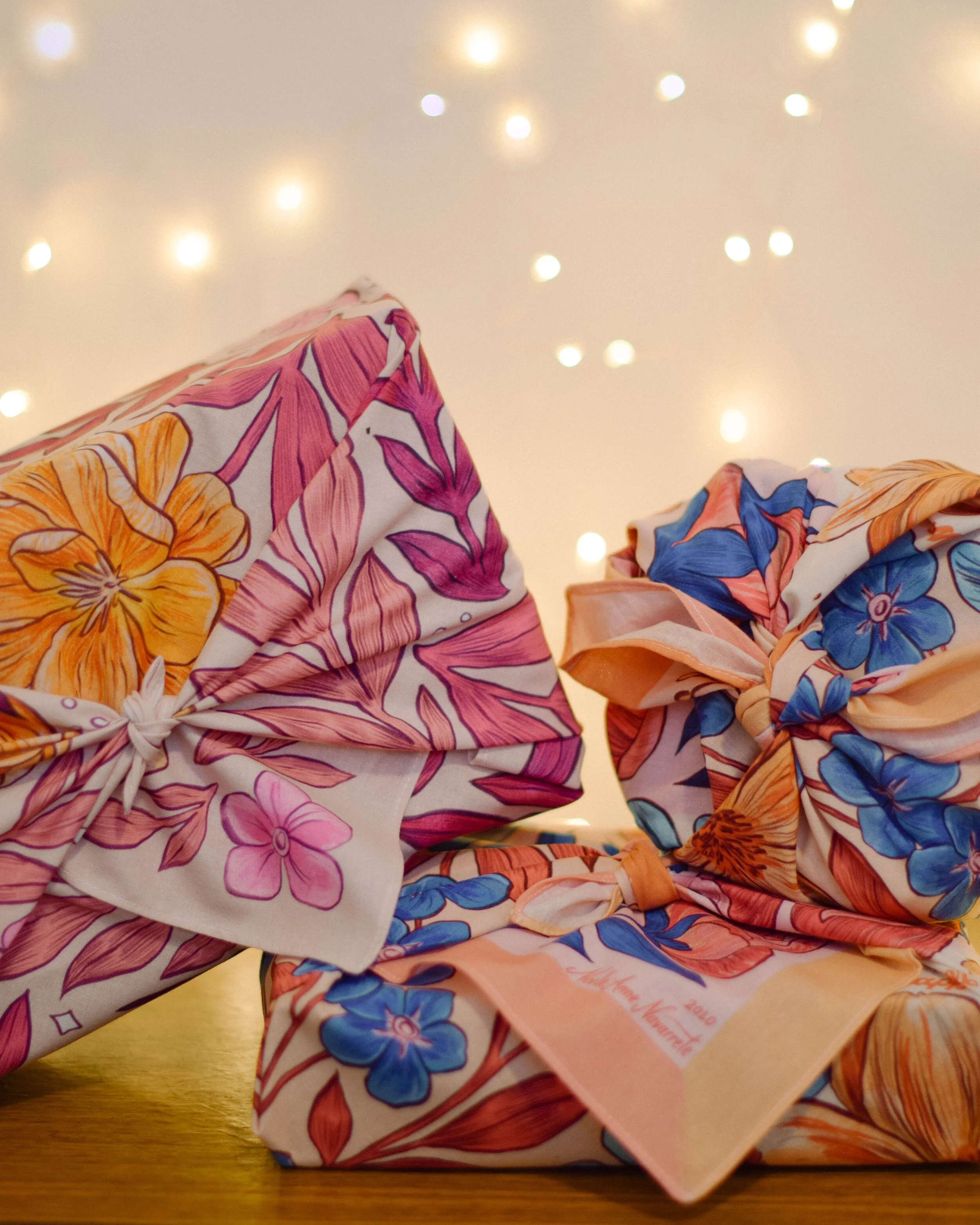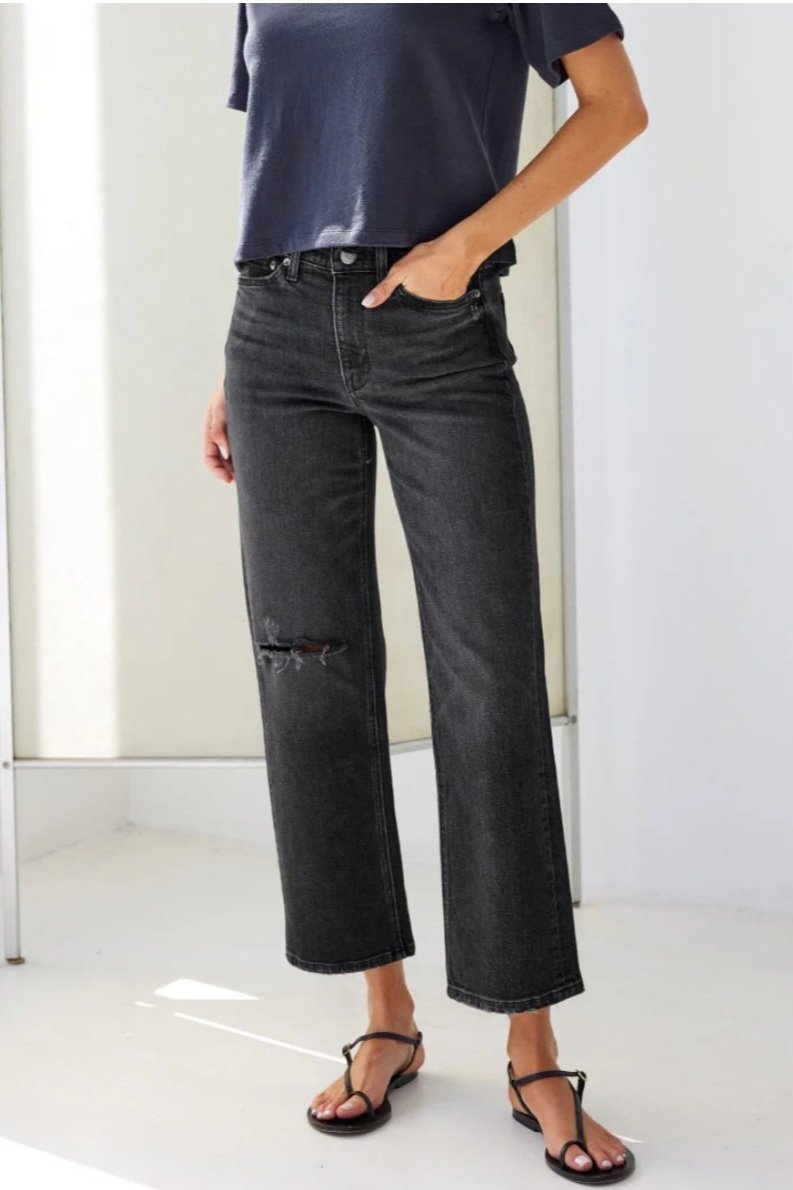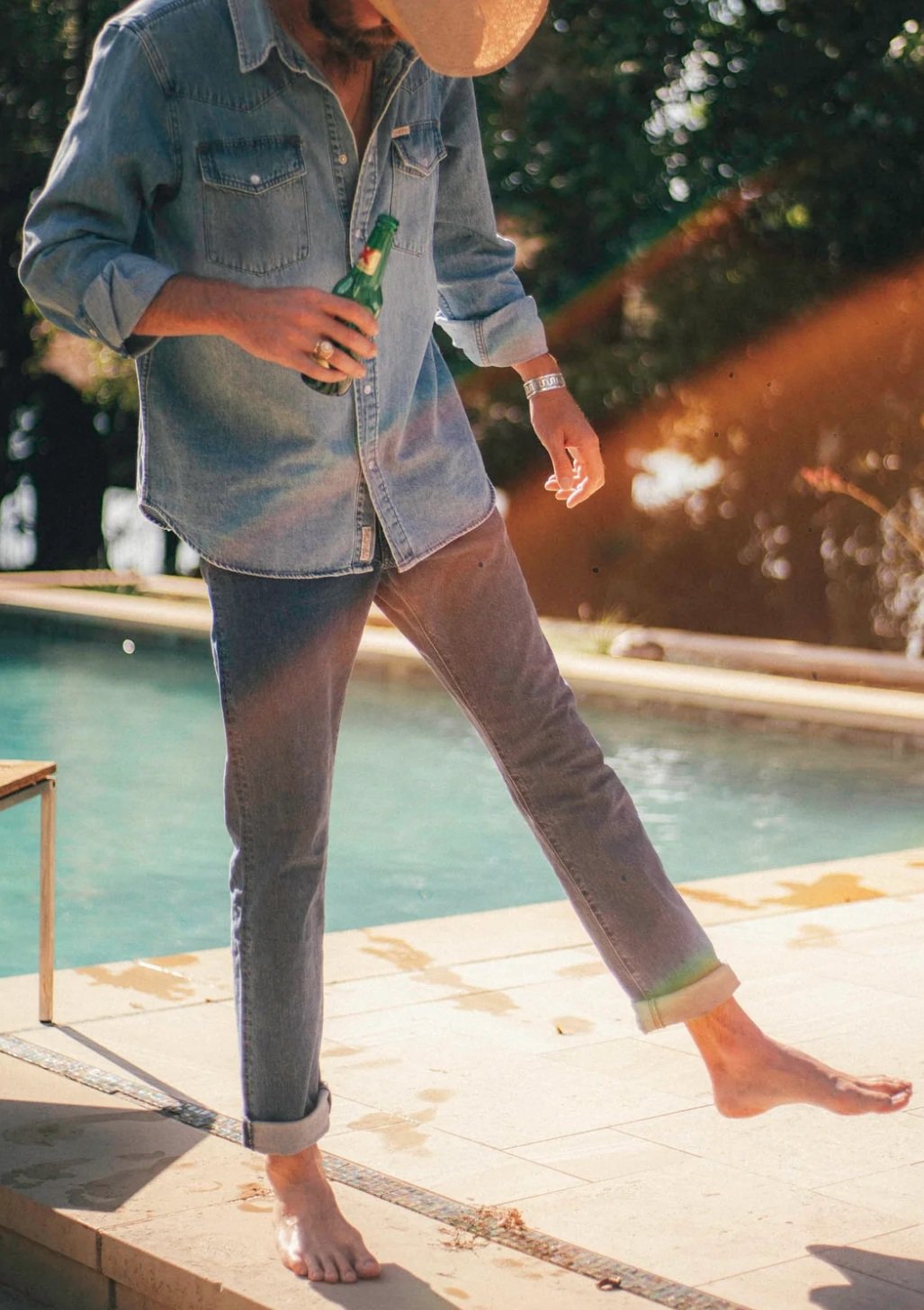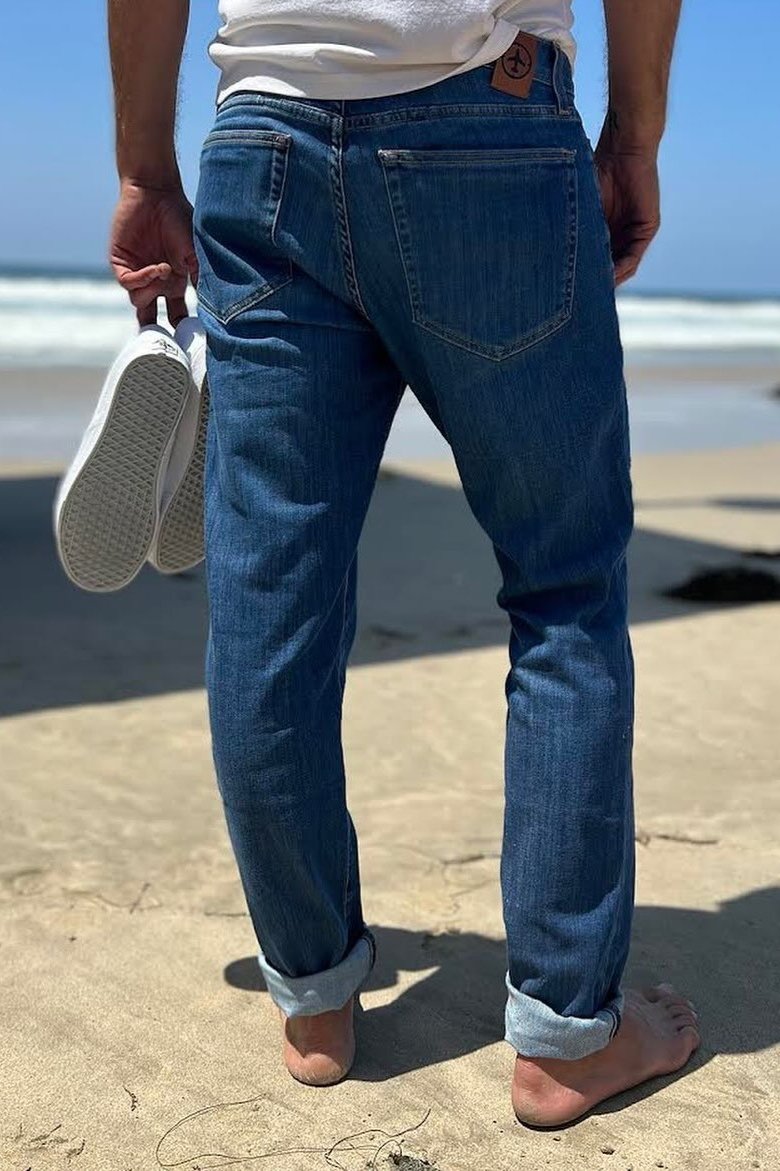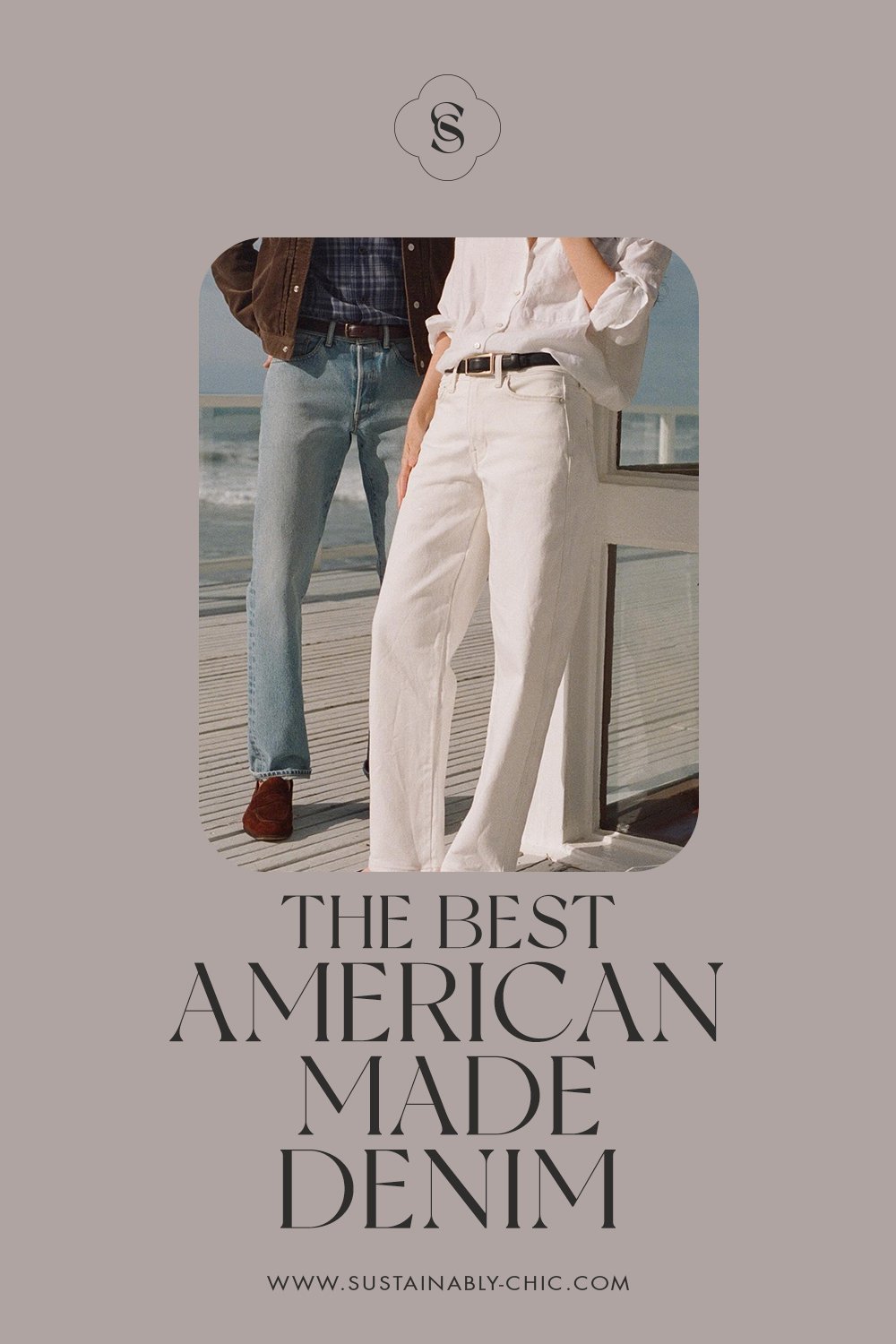
When it comes to curating a sustainable home, pots and pans might not be the first items that come to mind. But sustainability in the kitchen is important too, since many pots, pans, and utensils contain toxic materials like teflon, heavy metals, flame retardants, and other chemicals—all of which can leach into food when heated.
Fortunately, an increased emphasis on eco-friendly kitchens has sparked the emergence of more sustainable, non-toxic cookware available for your home. Whether you’re roasting a chicken, braising veggies, or baking a batch of cookies, here’s what to look for when browsing cookware—plus a list of sustainable brands you can feel safe using.
Disclosure: Some of the links below are affiliated; we may earn a small commission if you click through and make a purchase. We only feature brands that align with our values and contribute to a better world. Thank you for supporting these brands - and us! Image Cover: Kana
How to Choose Sustainable Cookware
Opting for eco-friendly, healthy cookware isn’t difficult when you know what to look for. The first thing to stay away from is Teflon, a core ingredient in traditional, non-stick cookware. Teflon, a brand name, refers to a waterproof chemical known as polytetrafluoroethylene (PTFE). During its manufacture, producers create perfluorooctanoic acid (PFOA), which is a known carcinogen.
In fact, ovarian, prostate, bladder, and testicular cancers have all been linked to PFOAs (also known as PFAs). Although manufacturers have mostly phased out Teflon in new cookware, some non-stick coatings might still contain PFOAs unless they specify that they do not. Plus, PFOAs have endured in environments for many years. Since the FDA allows certain PFOAs in cookware and other consumer products, it’s important to steer clear of any cookware brands that don’t consider themselves PFOA-free.
Non-Toxic Materials to Look For in Cookware
Opting for certain cookware materials can reduce the chance of exposure to PFOAs and other toxins. The best options for cookware include:
- Cast iron. As long as your iron levels aren’t high, cast iron pans are a durable, long-lasting solution for any kitchen. Plus, they’ll season over time, allowing the flavor to get richer while requiring minimal cleanup.
- Enameled cast iron. A step up from standard cast iron pans, non-toxic enamel surfaces help prevent sticking and rusting, so this kind of cookware may last longer than unenameled counterparts.
- Stainless steel. Using stainless steel cookware is a smart choice, since it’s extremely durable and distributes heat well. They also wont tarnish or affect the flavor of your food—just make sure to prepare the pan properly to prevent sticking.
- Carbon Steel. Highly durable, recyclable, and has the ability to last a lifetime with proper care—reducing the need for frequent replacements and minimizing kitchen waste.
- Ceramic. Today, ceramic is one of the best options for cookware, as it’s nontoxic and easy to use. Plus, it tends to be more eco-friendly (and comes in a range of colors and styles).
Looking for bakeware? Check out this post here. Need a new non-toxic air fryer? We have you covered!
We also have a ton of great kitchen and cooking brands in our directory.
Our top picks for non-toxic, sustainable cookware brands:

1. Our Place
Frying Pan Price: $129
Our Place has been advertised everywhere as of late, and for good reason. Their sell-out product, The Always Pan, is eight pieces of cookware in one, making it great for minimalists. It's made of non-toxic, non-stick ceramic and is free of harmful materials like PFOAs, lead, heavy metals, and more. Plus, it comes in a range of earth tones that look sharp in a modern kitchen. They also have knives, plates, and mugs that can accompany your new eco-friendly setup.

2. Caraway
Frying Pan Price: $115
Caraway is a newer company that cares just as much about consumer health as it does about design. This ceramic-coated cookware looks sleek and fresh, but operates at maximum non-stick capacity (without the chemicals). In fact, their ceramic coating is made from minerals and requires less oil or butter for easier cooking prep and cleanup. You can choose from items like sauce pans, dutch ovens, and sauté and fry pans. If that’s not enough to love, their cookware comes in a range of gorgeous color options like sage, marigold, and perracotta.

3. Xtrema
Frying Pan Price: $180
Versatile, non-toxic, and purely ceramic, Xtrema makes some of the best sustainable cookware options on the market today. Their cookware is known for retaining heat evenly across every pot and pan, offering a clean, regulated bake or sautée from start to finish. You can also use their pans anywhere, from the microwave, to the stovetop, to the barbeque, offering more creativity to bring all your imaginative cooking creations to life. The best part? They’re made to last forever—and then some.

4. Kana
Frying Pan Price: $68
Kana's Milo cookware is responsible kitchenware that's made to be shared for generations. They are ethically made with 40% recycled cast iron, dishwasher safe, have enameled cast iron, and come in 10 different beautiful colors. You can also find non-toxic bakeware! Kana is among the few e-commerce brands to offset 100% of shipping-related carbon emissions, and they are also a proud member of 1% for the Planet.

5. Great Jones
Frying Pan Price: $105
Great Jones makes trendy, functional cookware that empowers your greatest creations in the kitchen. Their non-toxic, enameled cast iron is non-stick and easy to clean. Additionally, these products are dishwasher-friendly and multifunctional, so they don’t cause a fuss to use. Great Jones is also known for its bakeware, including non-stick baking sheets that are PFOA-free and require minimal oil (and no parchment paper) for perfect baked goods. Another reason to love them: they’ve been known to take a stance against injustice and support equality initiatives both in-house and throughout society.

6. Lodge Cast Iron
Skillet Price: $10-60
Since 1896, Lodge Cast Iron has been making high-quality cast iron cookware. Today, they sell a range of items spanning seasoned cast iron, enameled cookware, bakeware, and more. In addition to the fact that cast iron is a durable, long-lasting material that doesn’t contain toxins, Lodge is a company committed to sustainable practices. For example, they use biodegradable packaging, enforce company-wide recycling, and leverage equipment that minimizes energy usage.

7. Made In
Frying Pan Price: $119-159
Made In offers premium, non-toxic cookware crafted with professional performance and home kitchens in mind. Their stainless steel, carbon steel, and ceramic collections are thoughtfully designed without harmful coatings like PFAS, PFOA, or PTFE, making them a safer choice for everyday cooking. Made In collaborates with family-owned factories in the U.S. and Europe for ethical production and high quality. Their durable pieces promote sustainability by reducing the need for replacements. With a commitment to clean materials, transparency, and top-tier craftsmanship, Made In is a trusted brand for those looking to cook consciously without compromising performance.
Crafting a safe kitchen with non-toxic cookware.
From baking pans, to dutch ovens, to spoons and spatulas, the average kitchen is filled with opportunities for toxins and other unclean materials to seep into our food. Fortunately, opting for sustainable cookware is a healthy investment that protects both your family and the environment for years to come
About the Author
Michelle Polizzi is an independent writer and storyteller with 7 years of experience creating content online. Her writing has appeared in leading publications like Bitch, WELL+GOOD, Insider, and Healthline, and she covers topics like sustainable living, mental health, and intersectional feminism. Currently, she's pursuing an MFA in creative writing.
WANT MORE SUSTAINABLE BRANDS? VISIT OUR BRAND DIRECTORY!
Our Brand Directory is home to hundreds of sustainable brands, from makeup to cleaning supplies, from underwear to shoes. We have broken everything down by category for easy shopping, along with discount codes unique to Sustainably Chic viewers.

